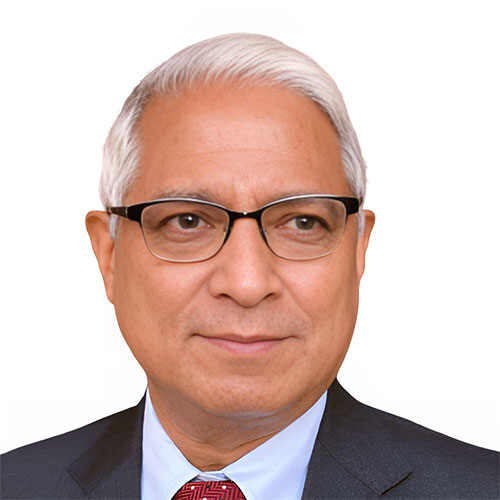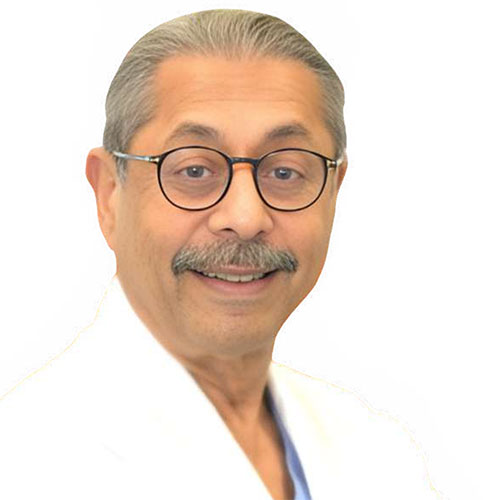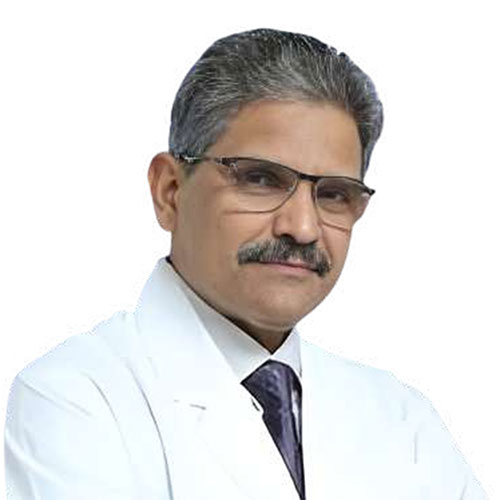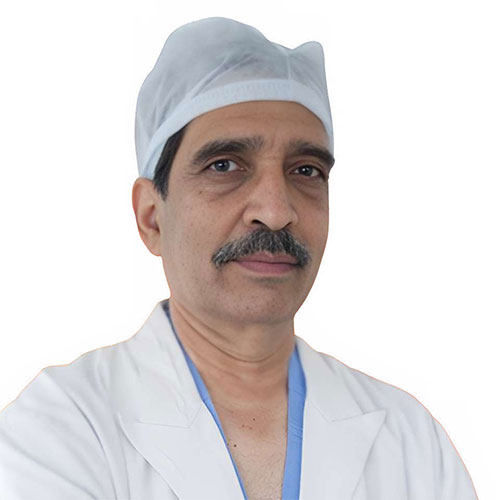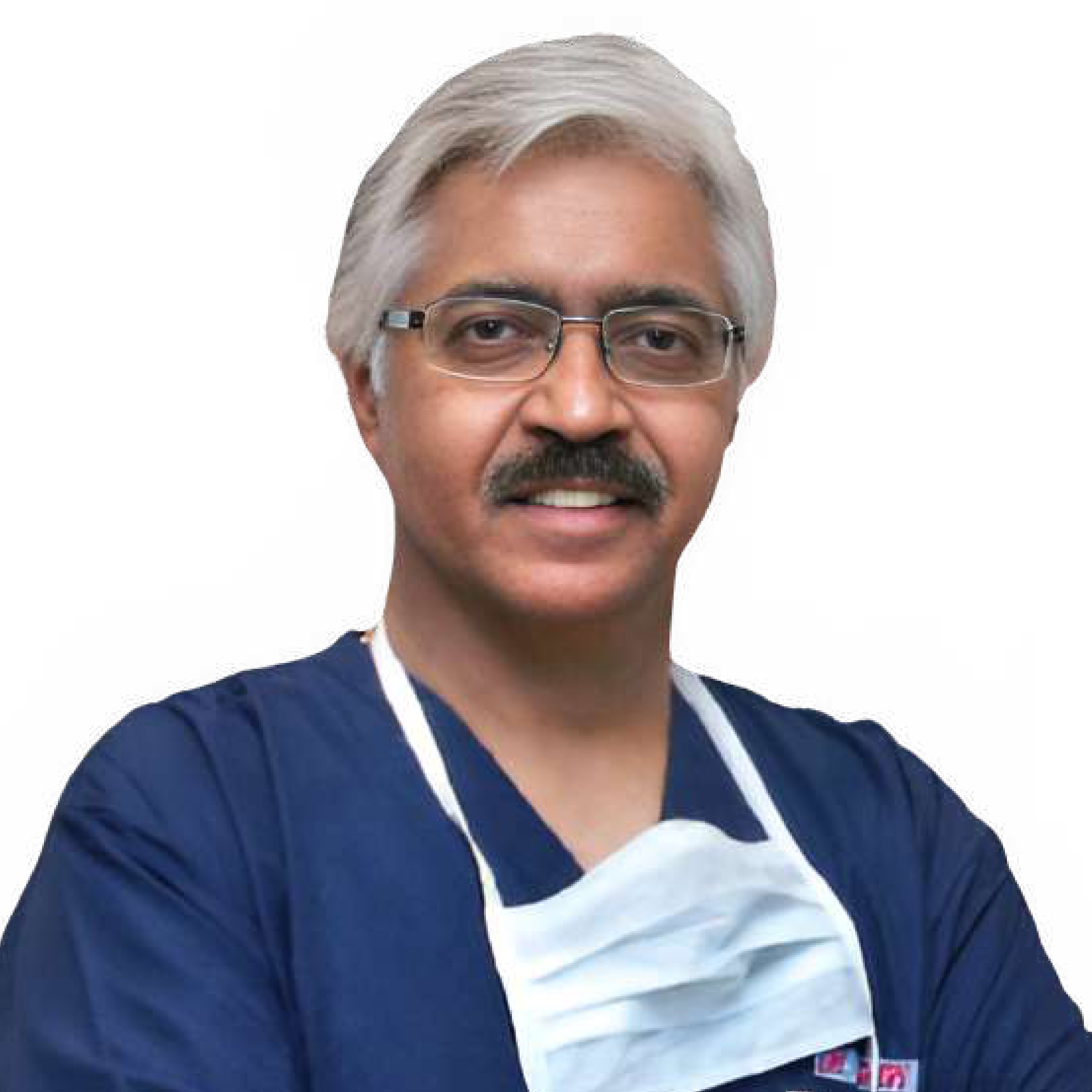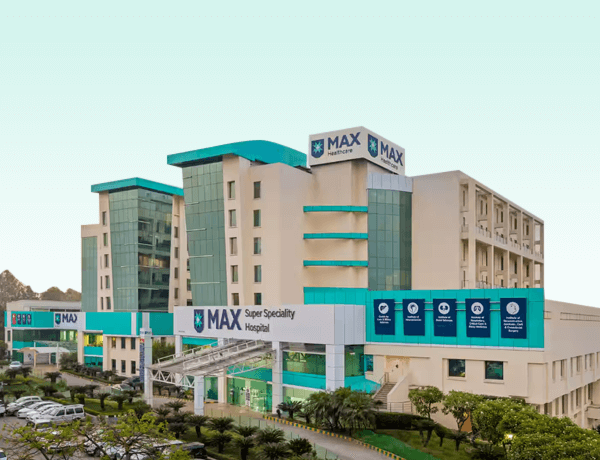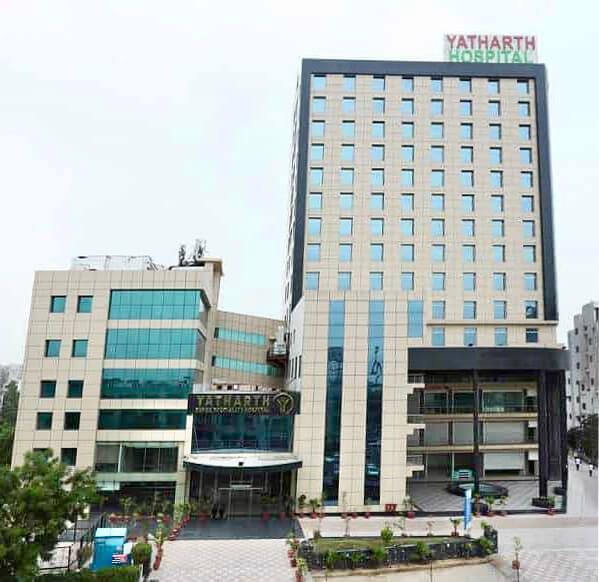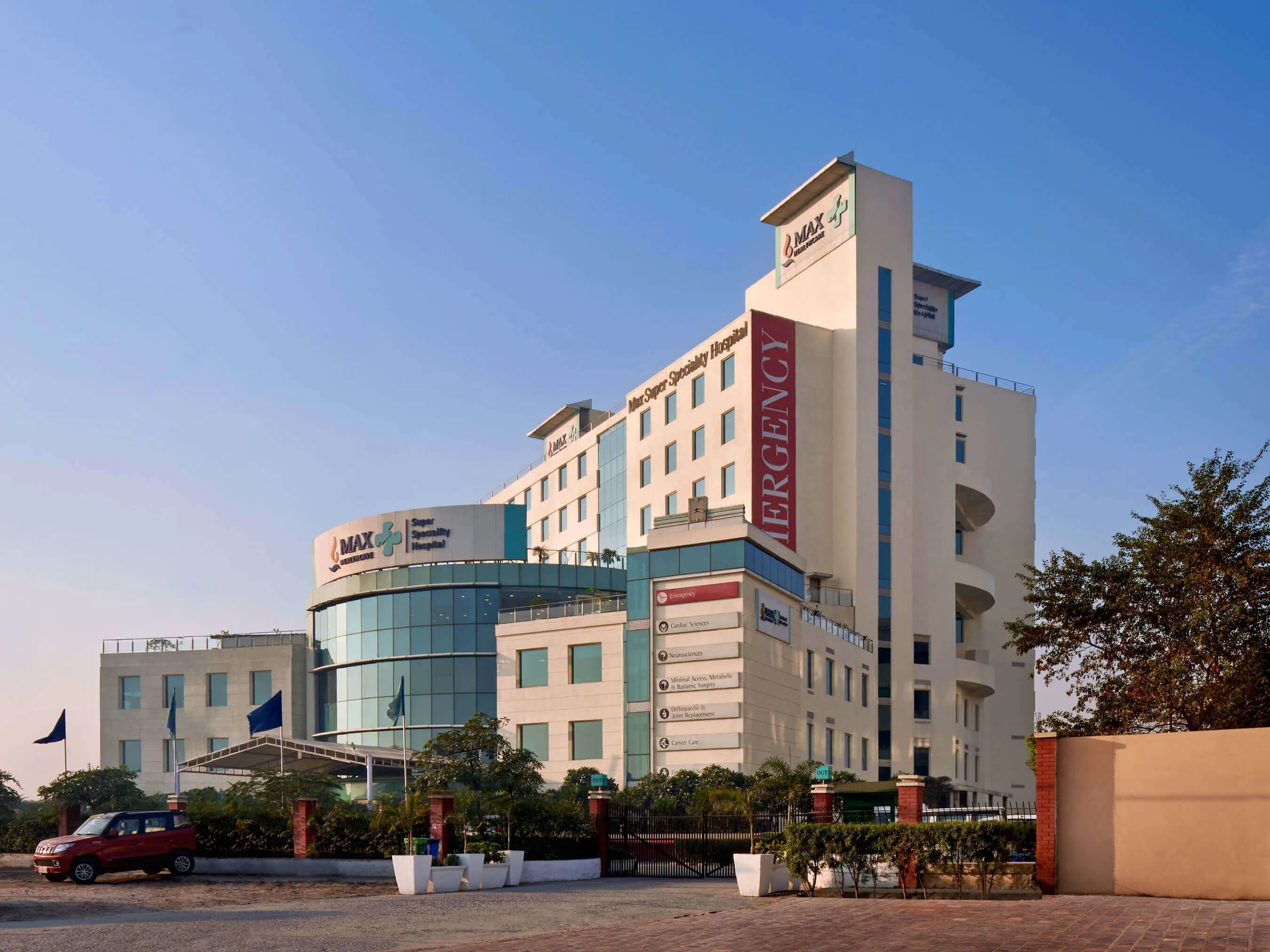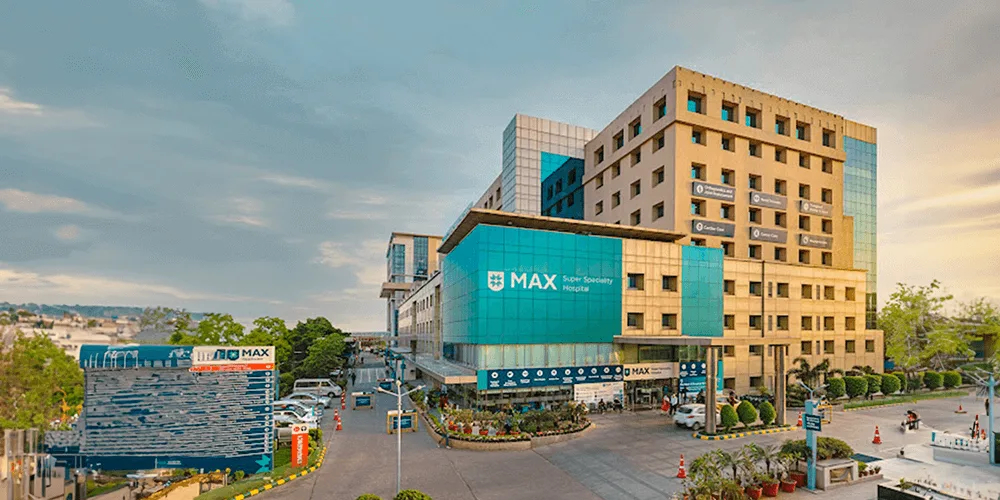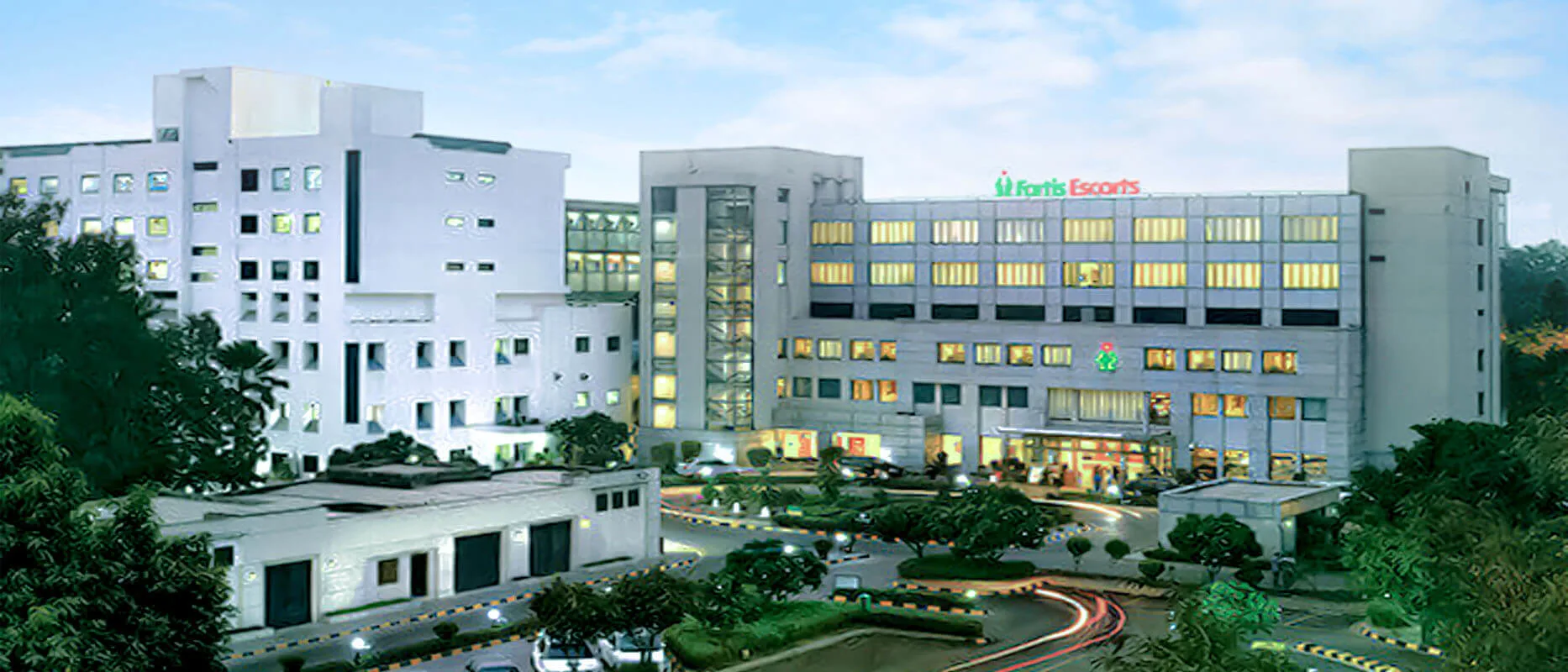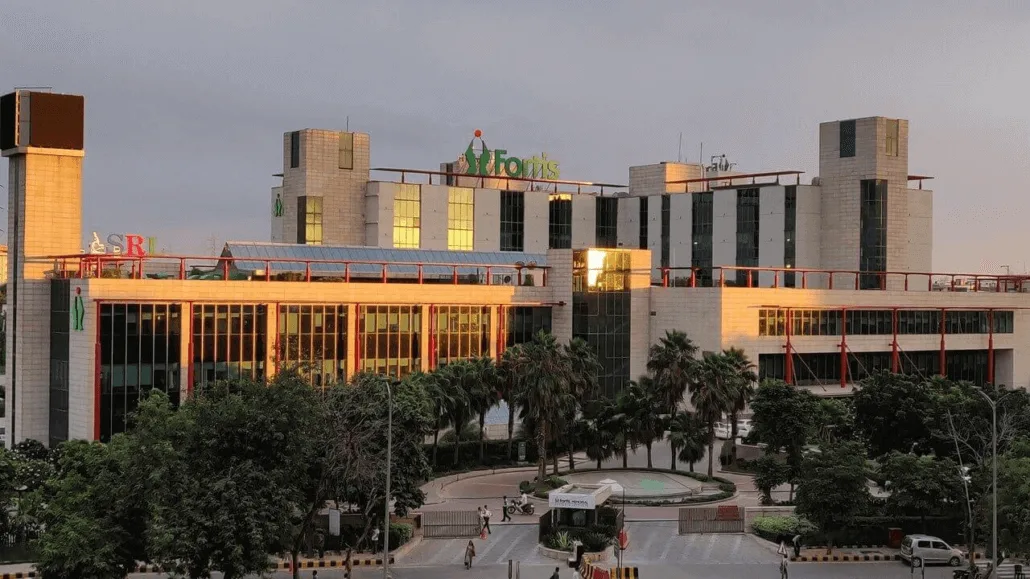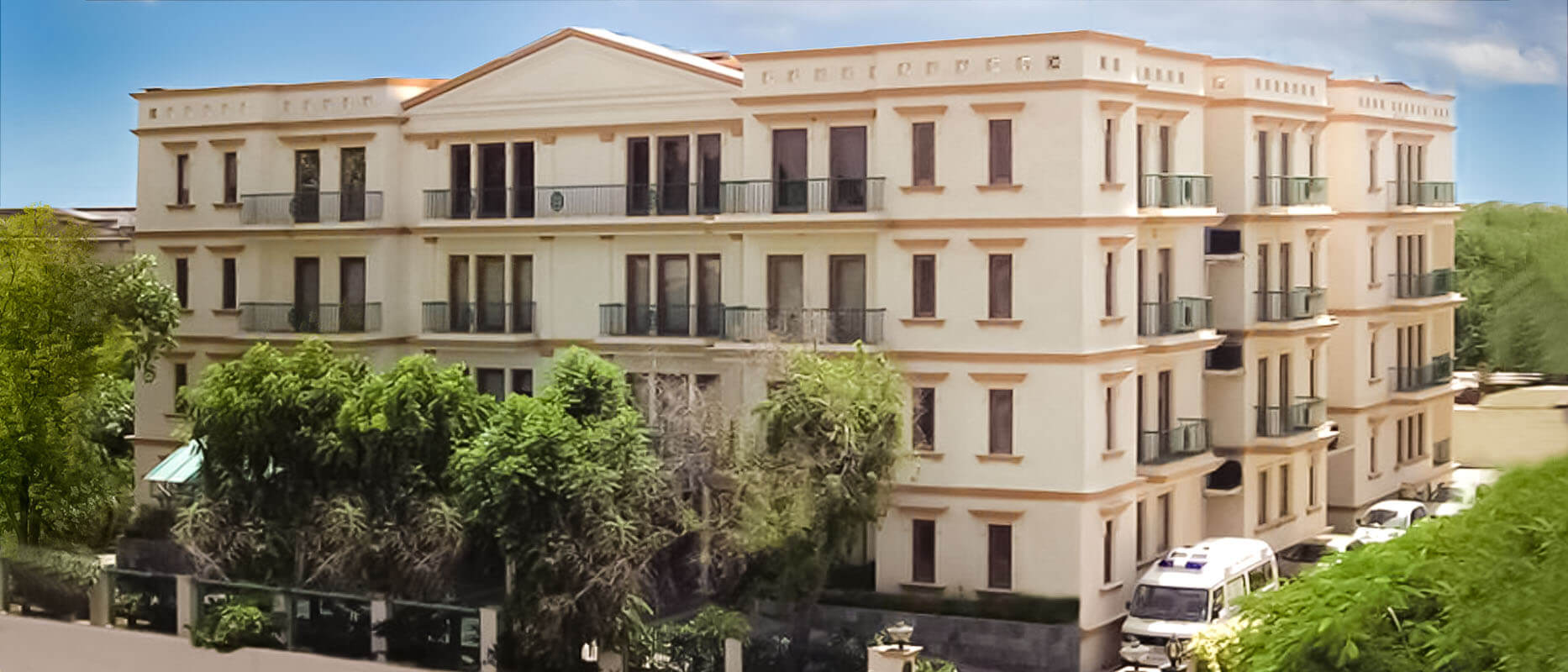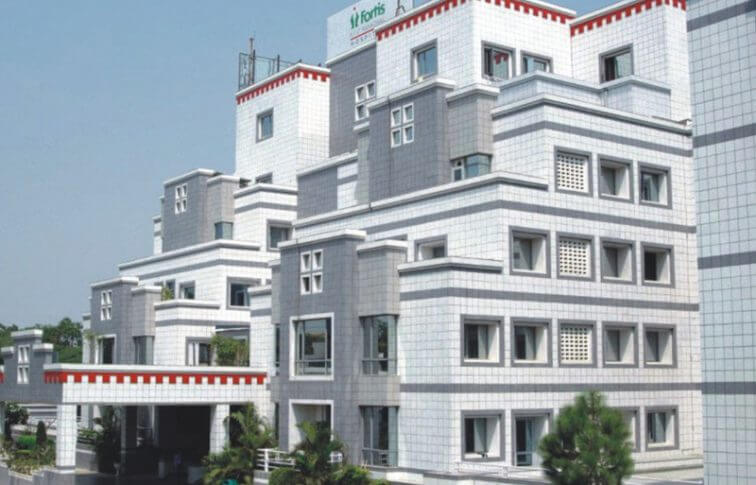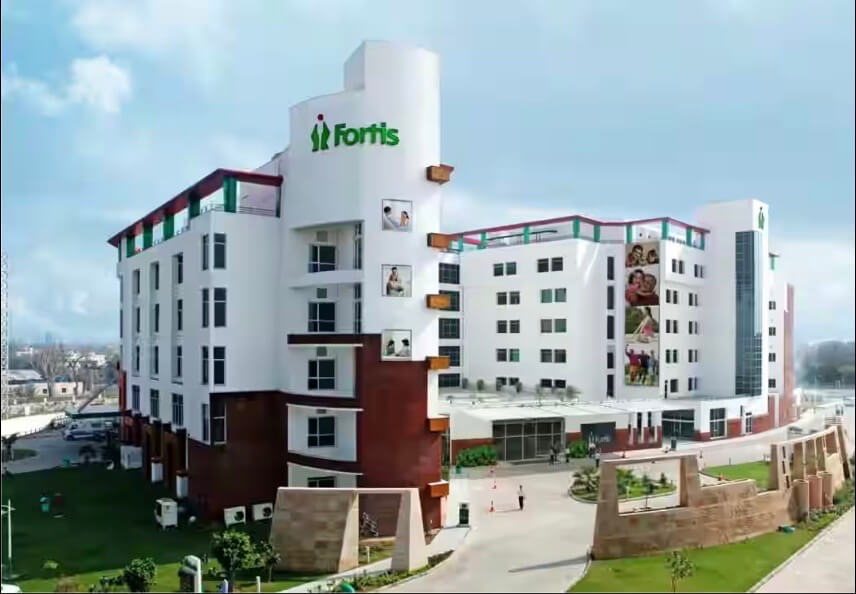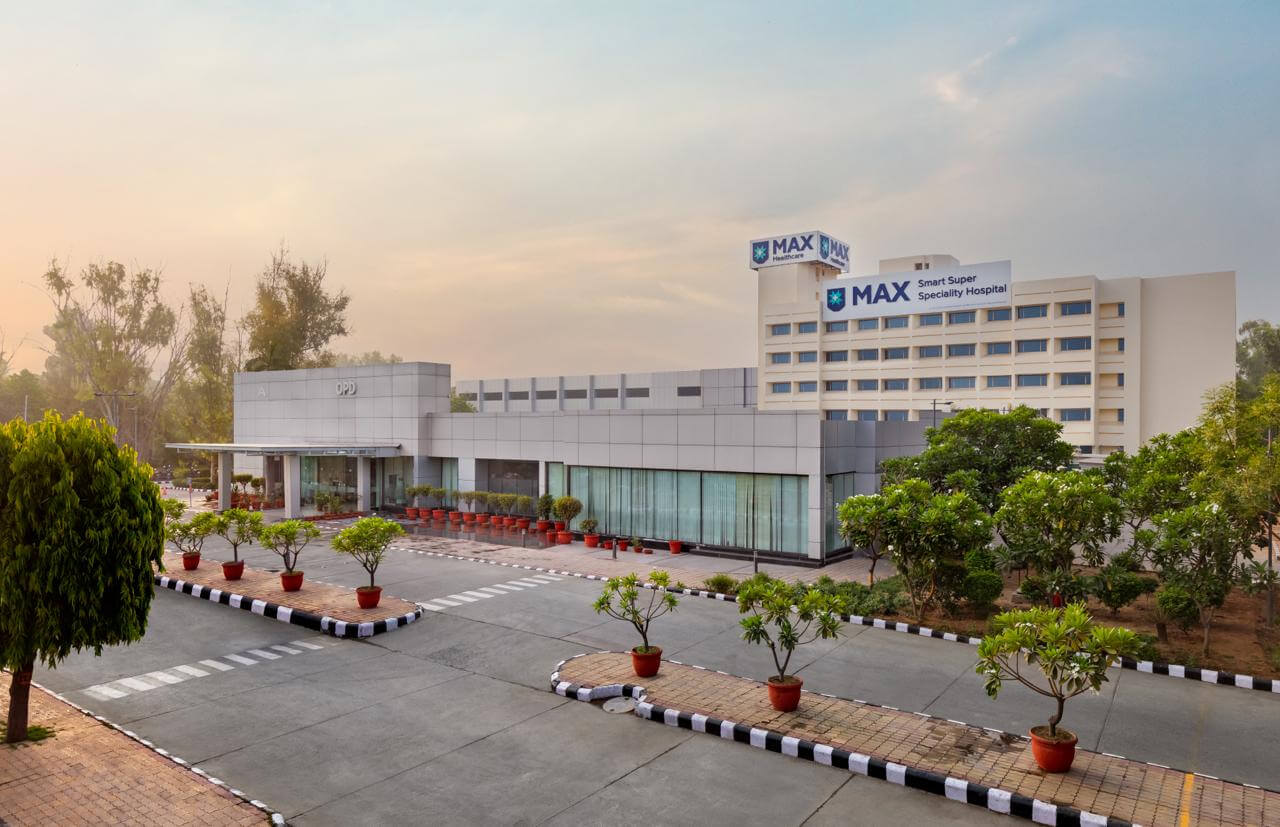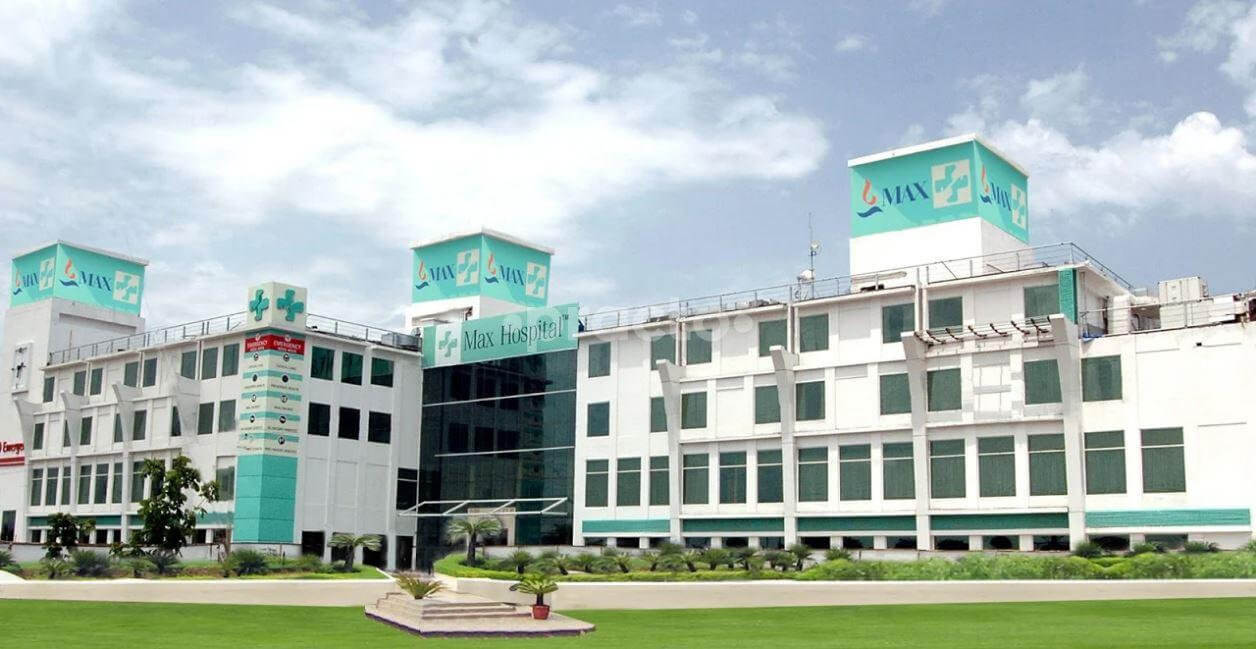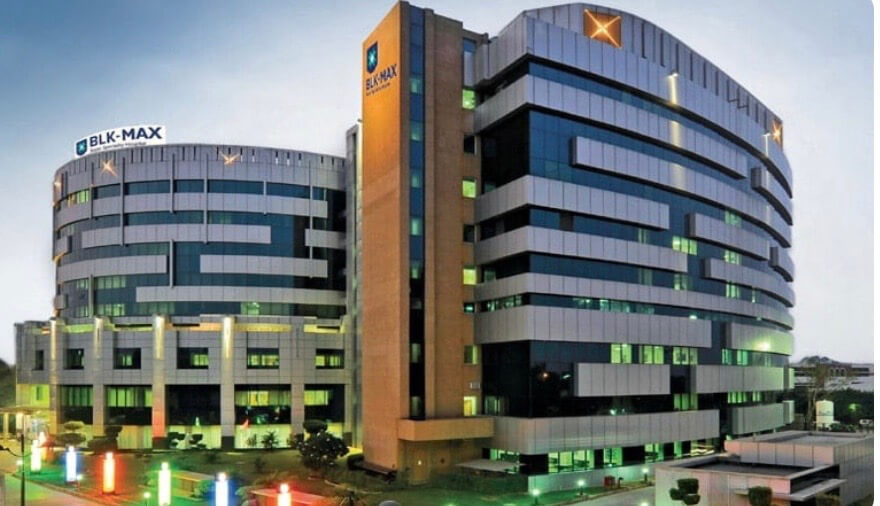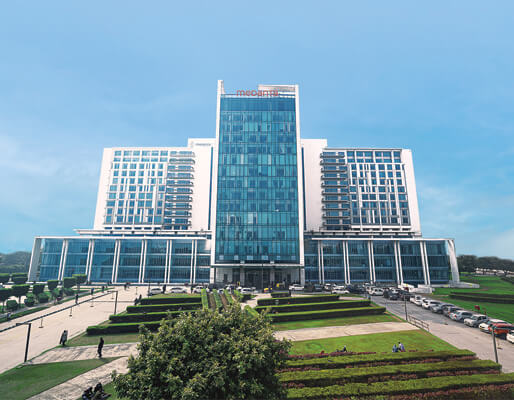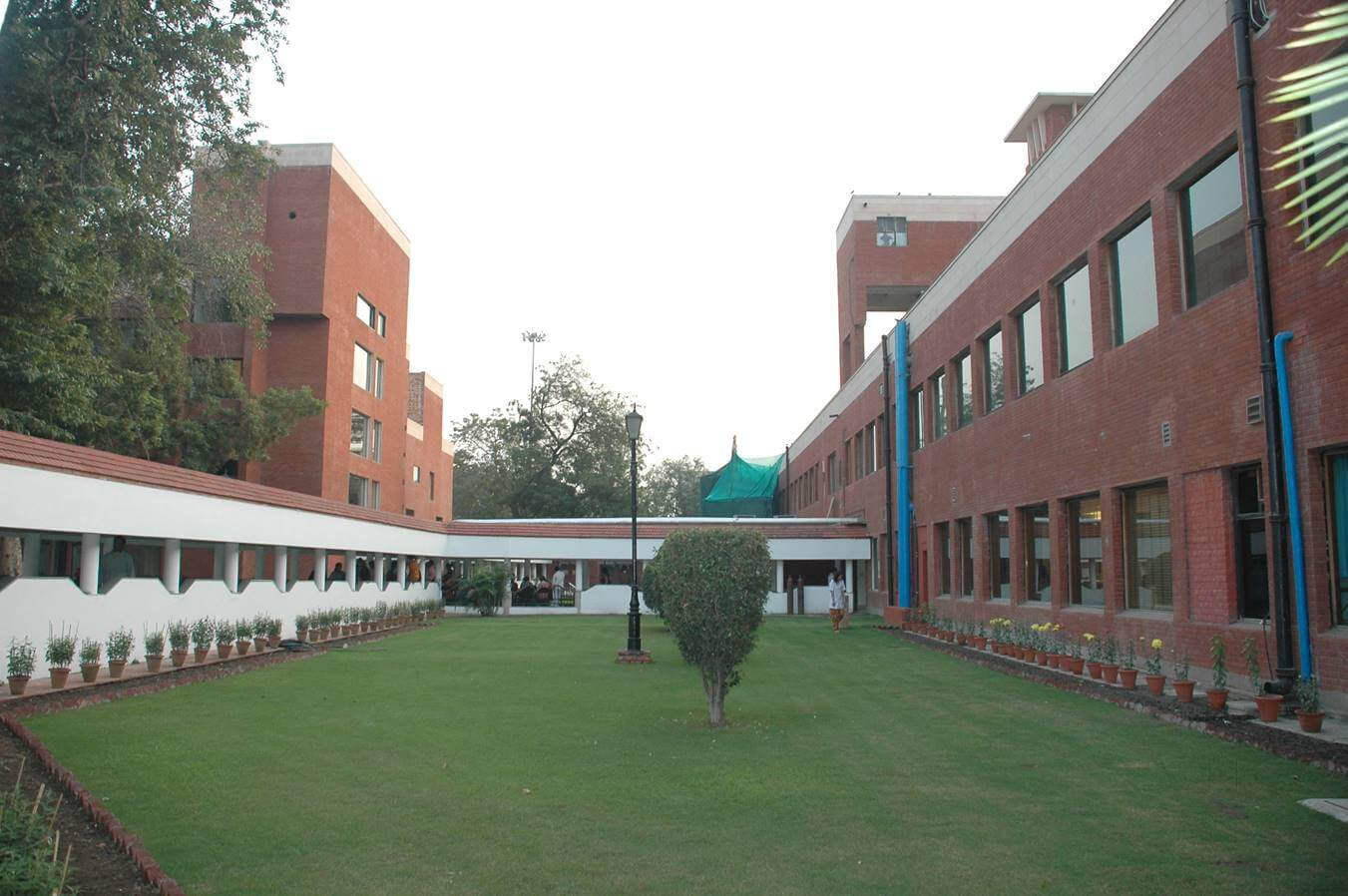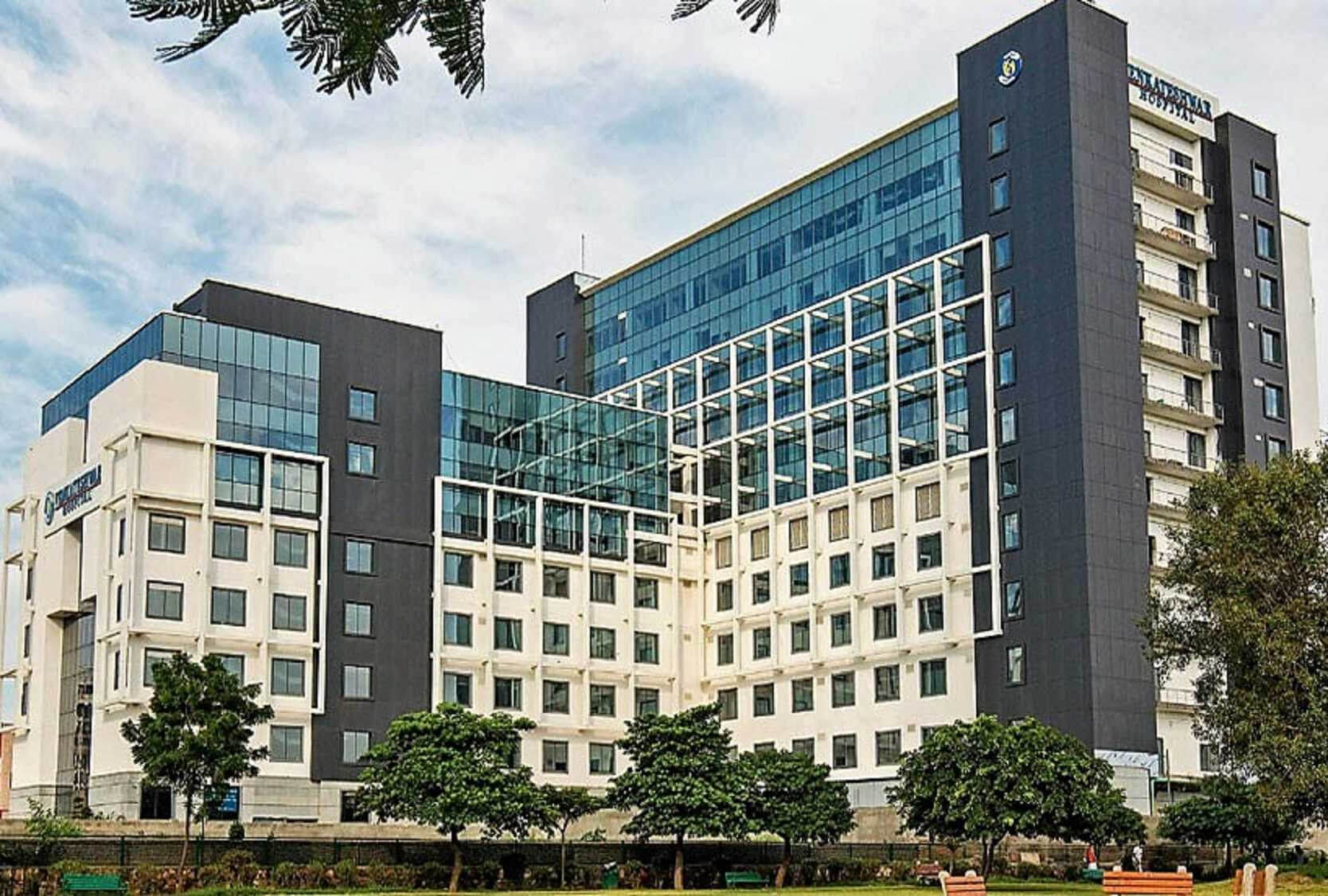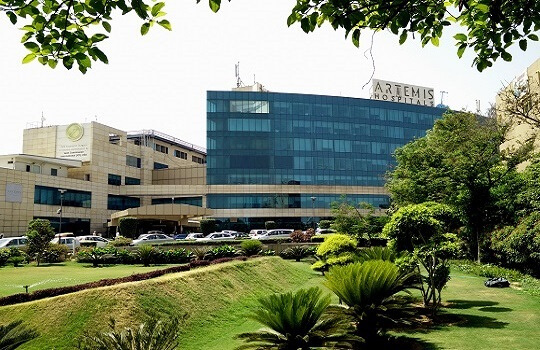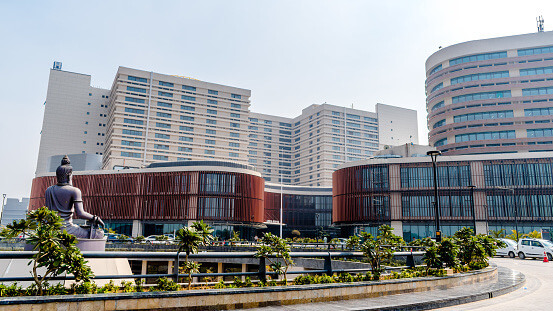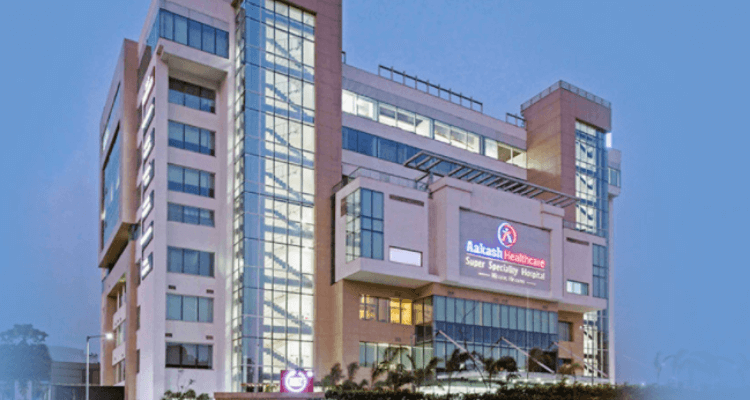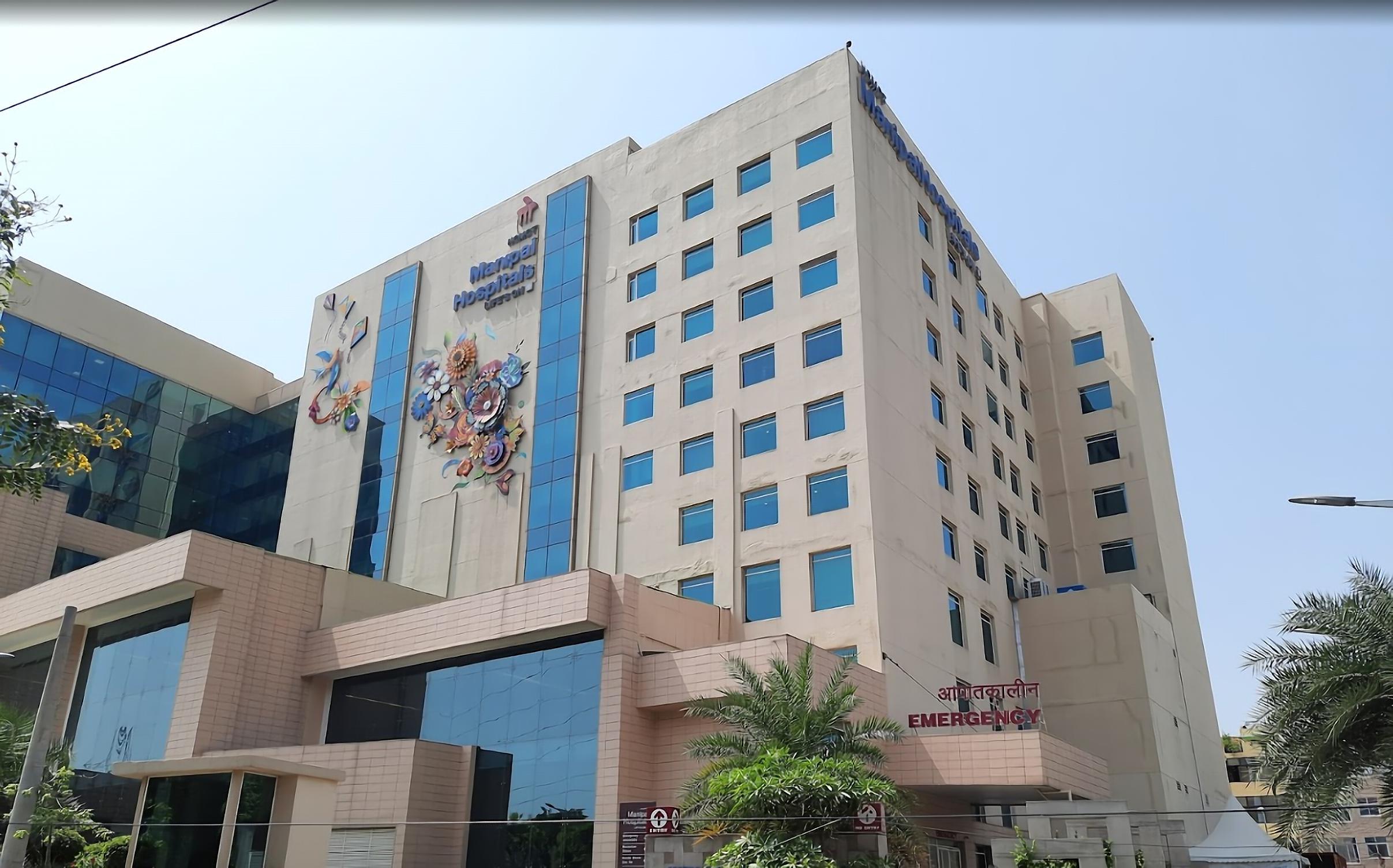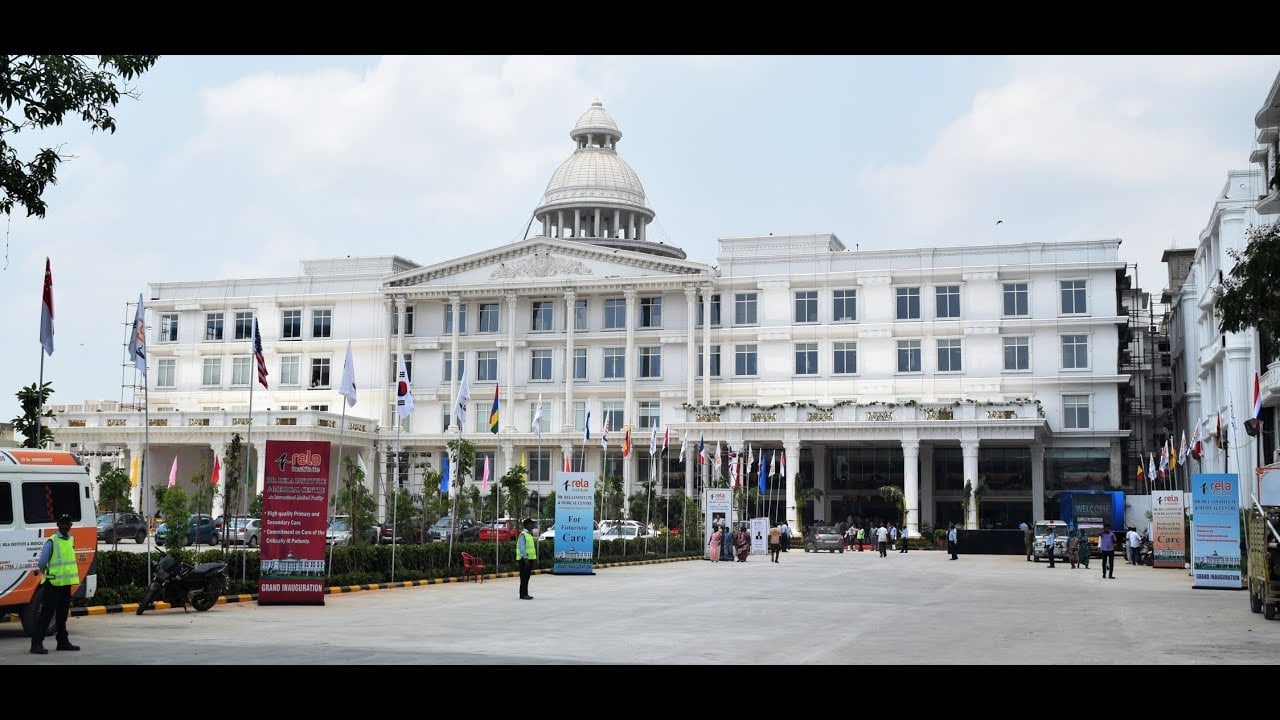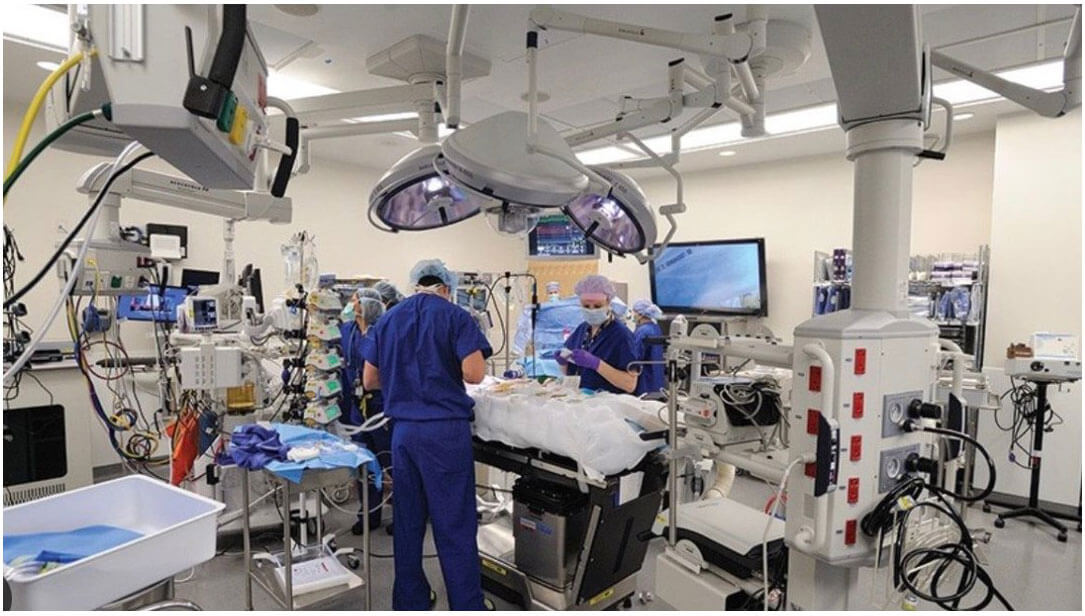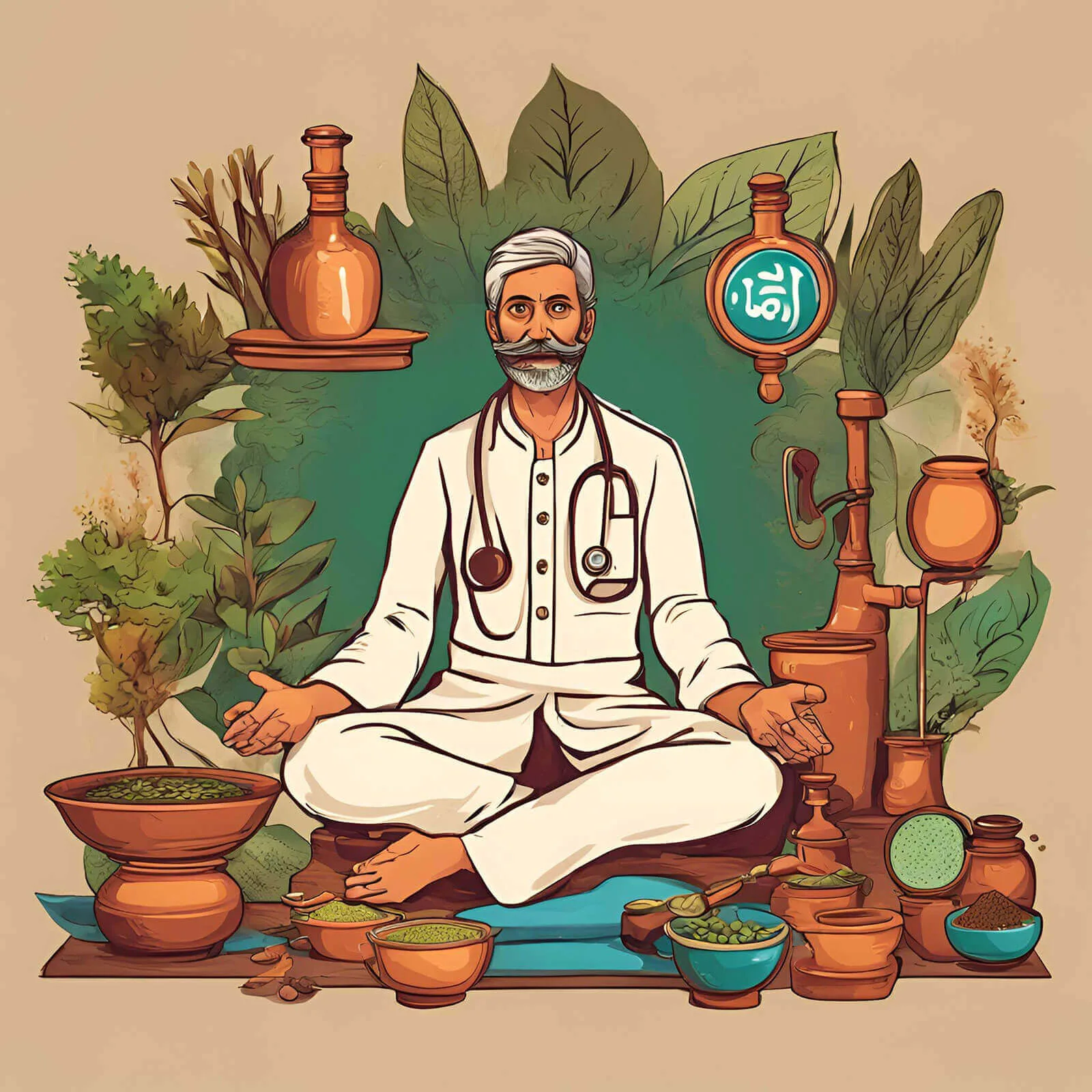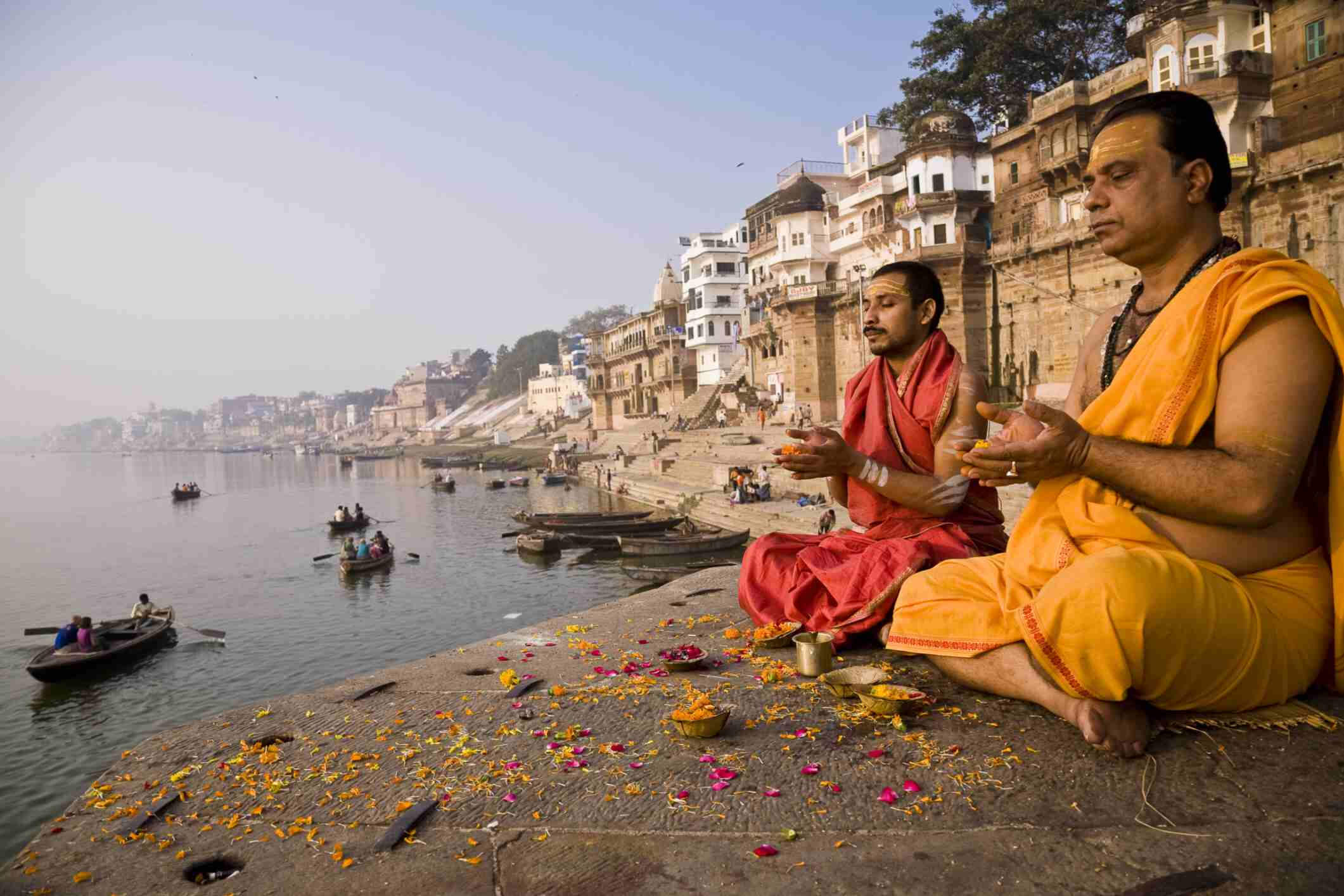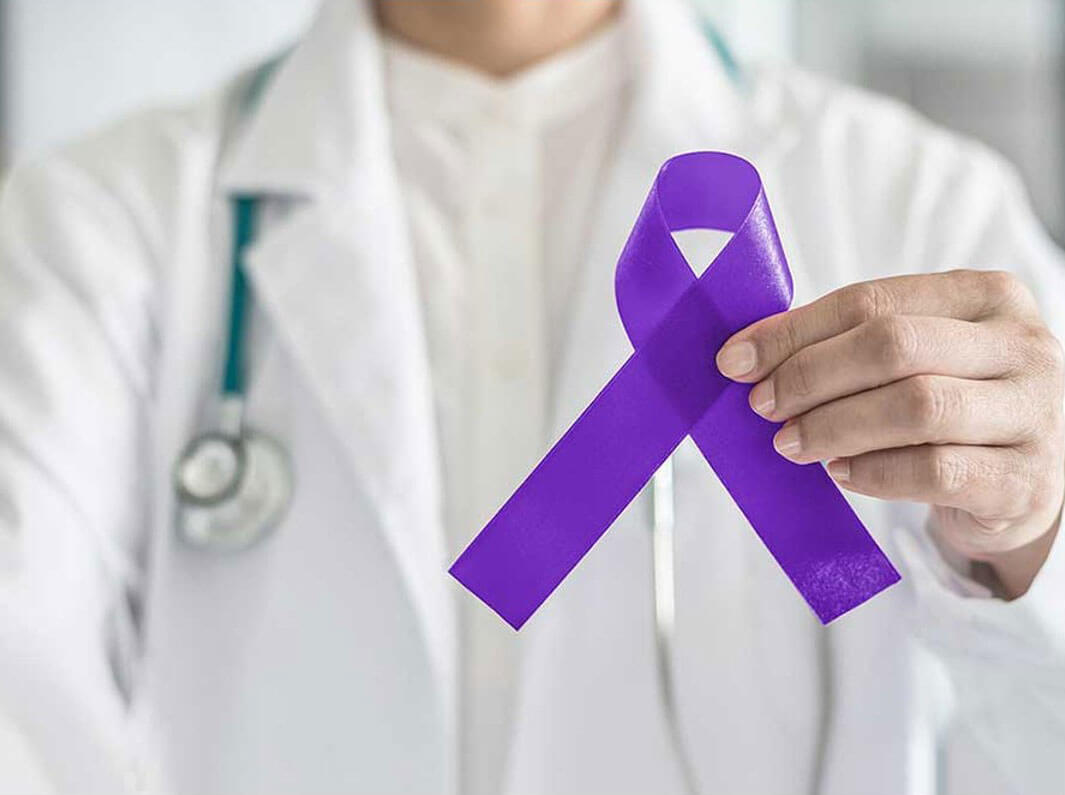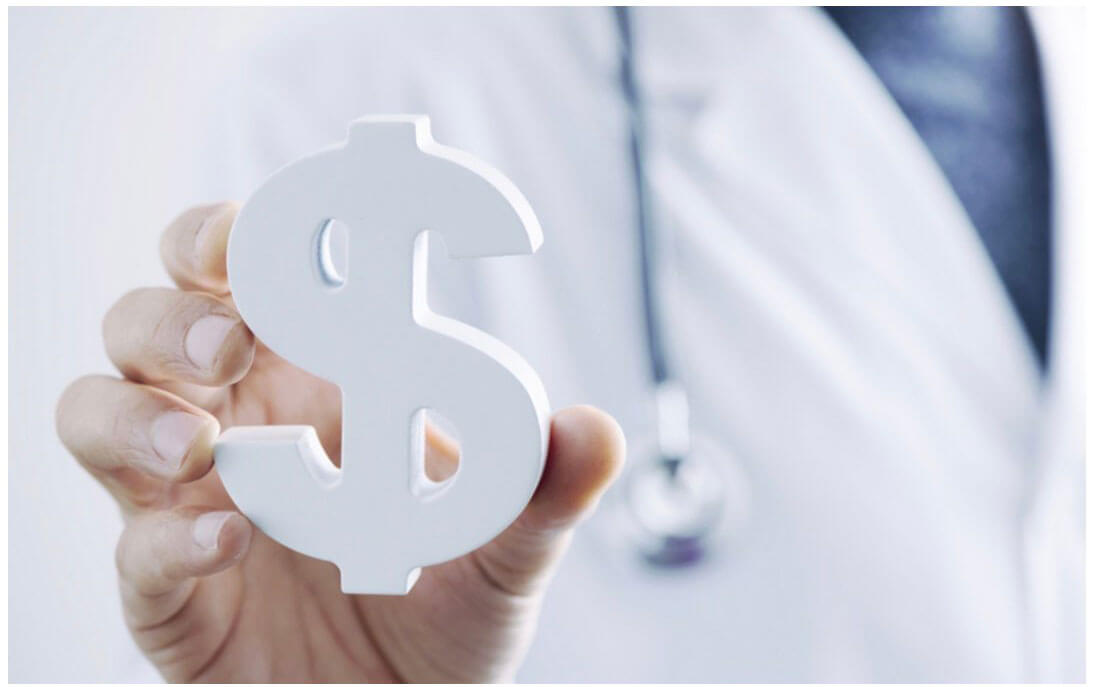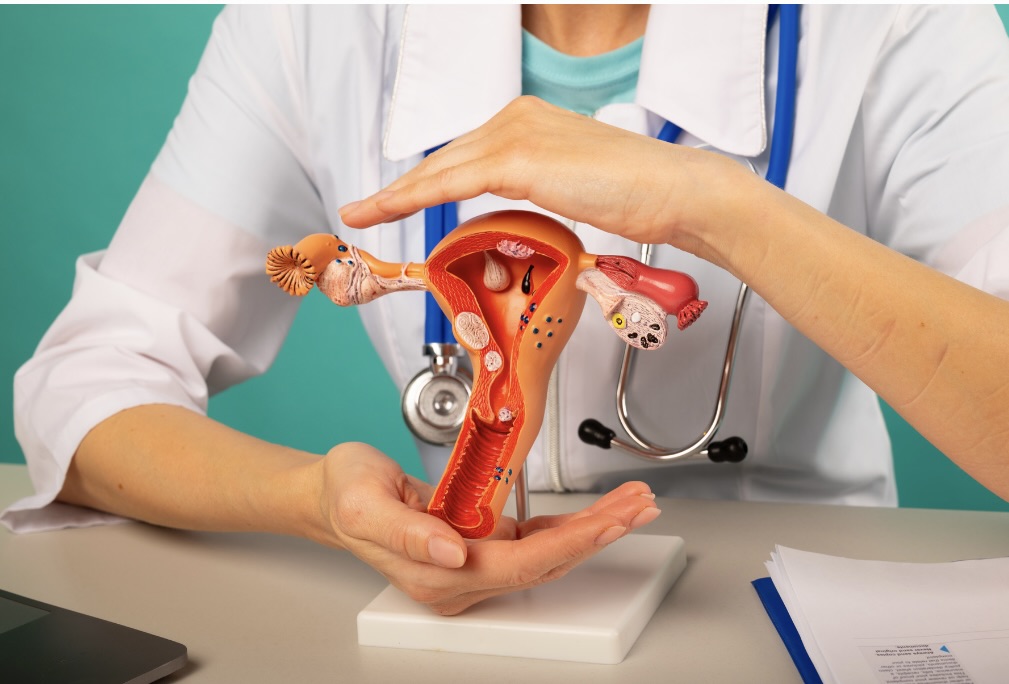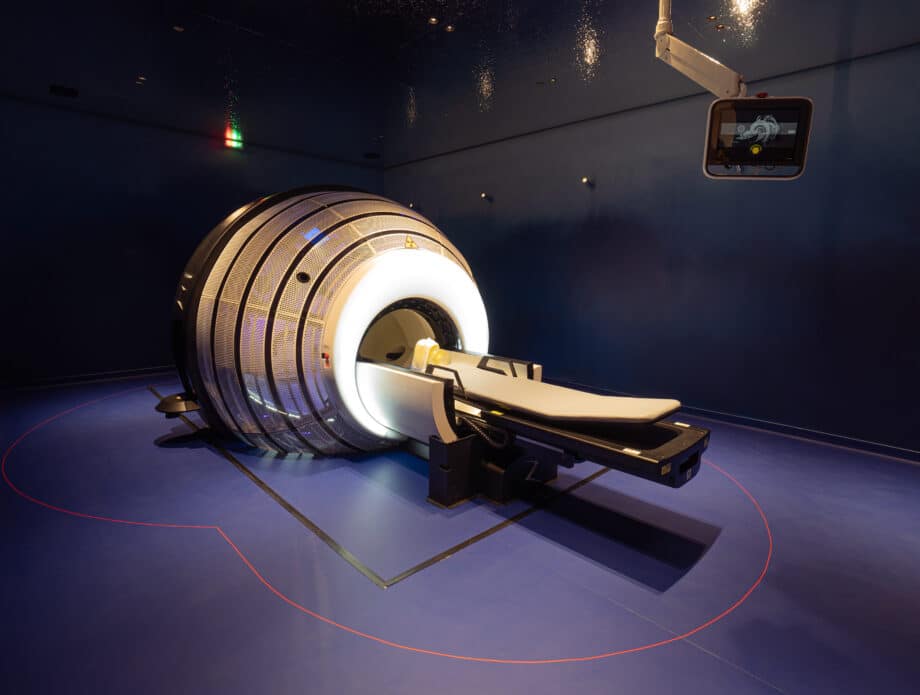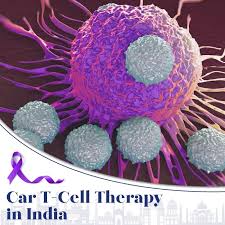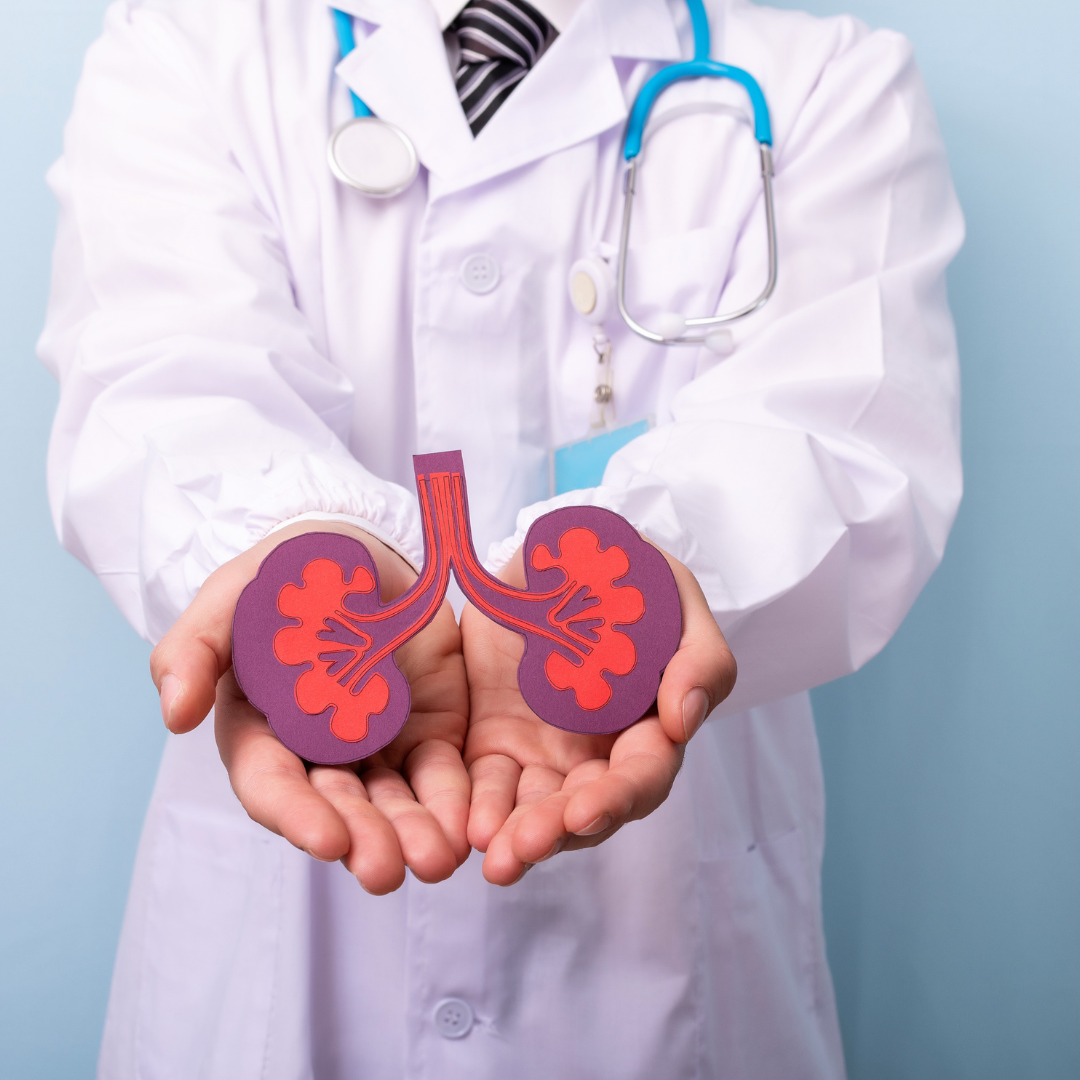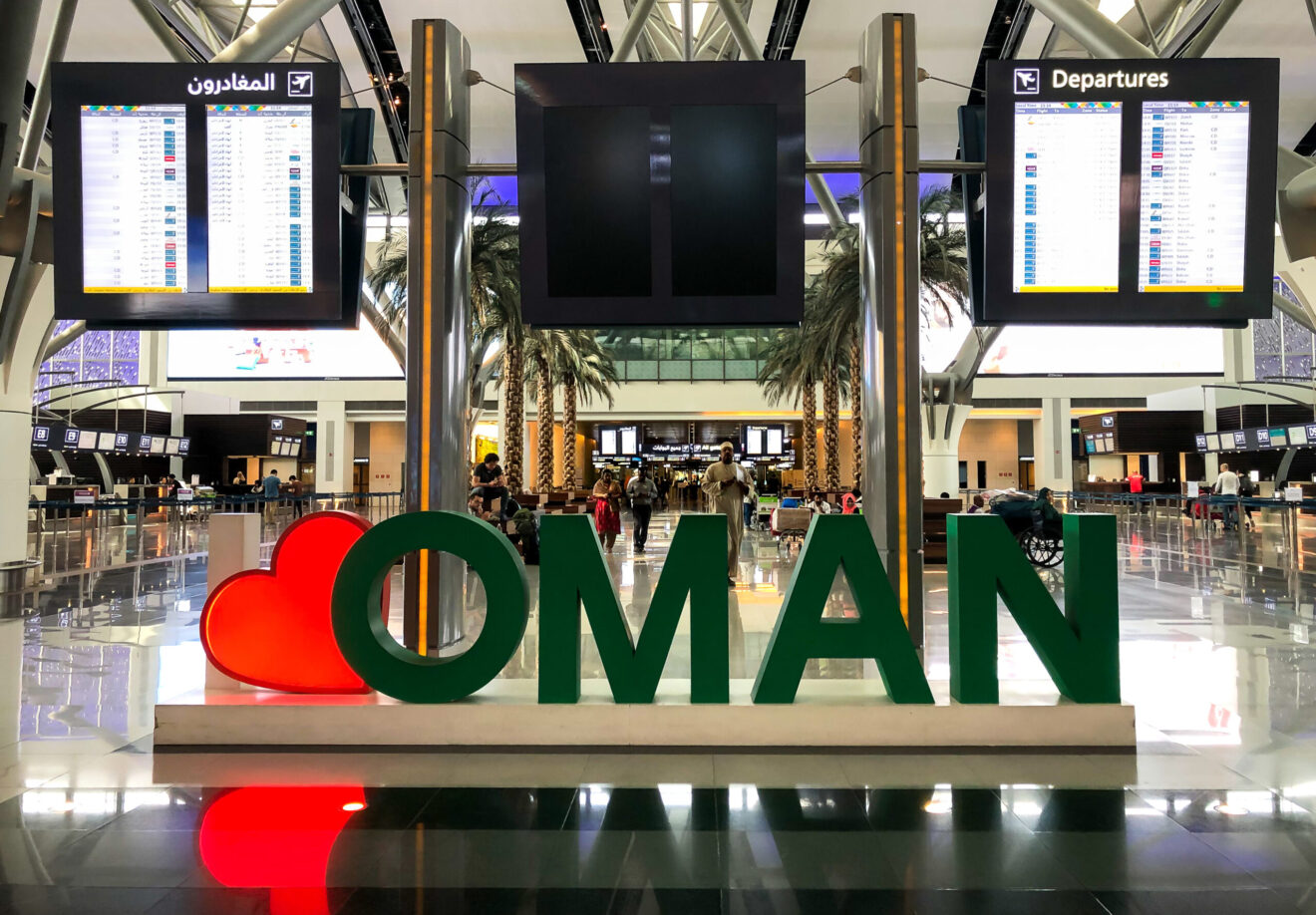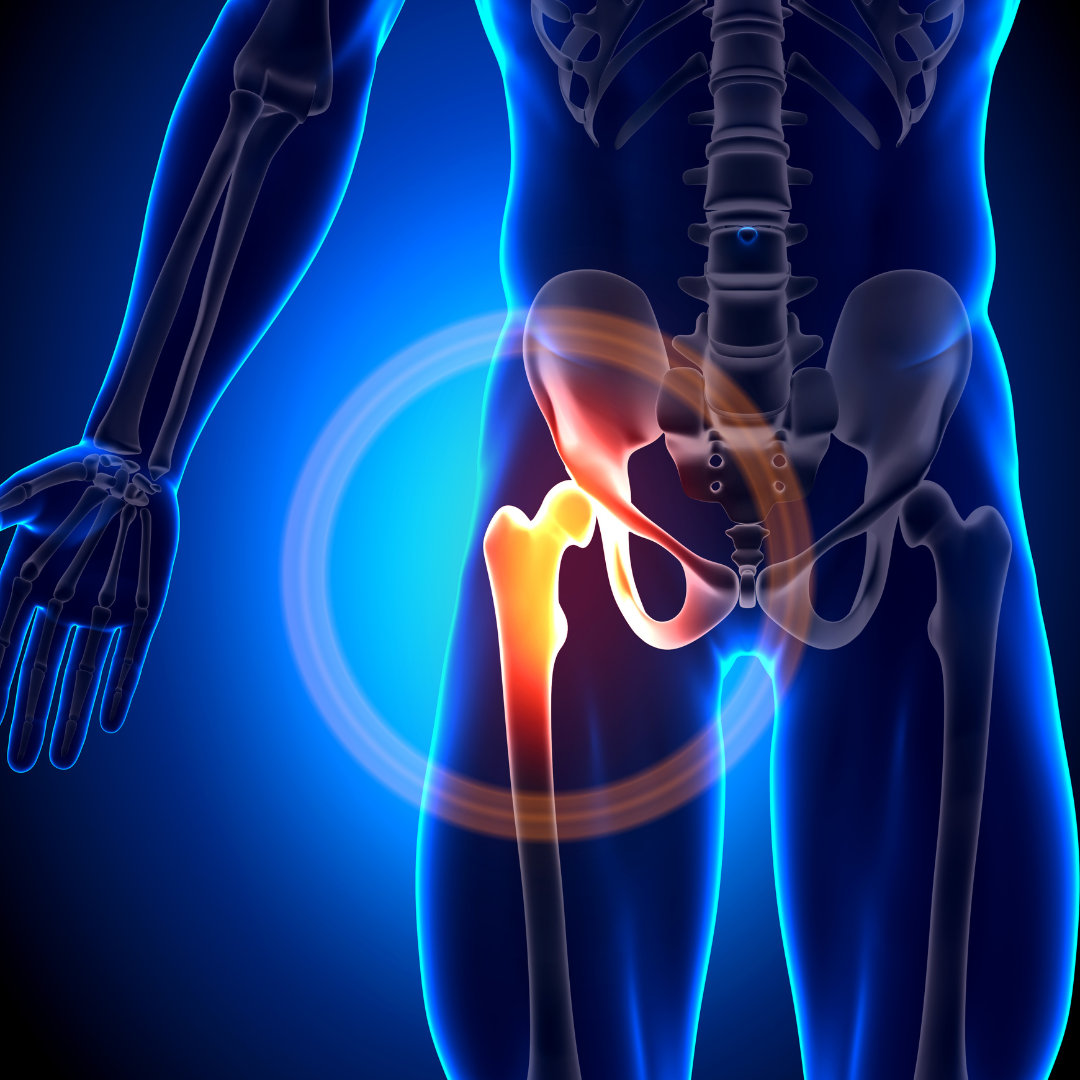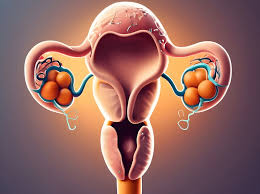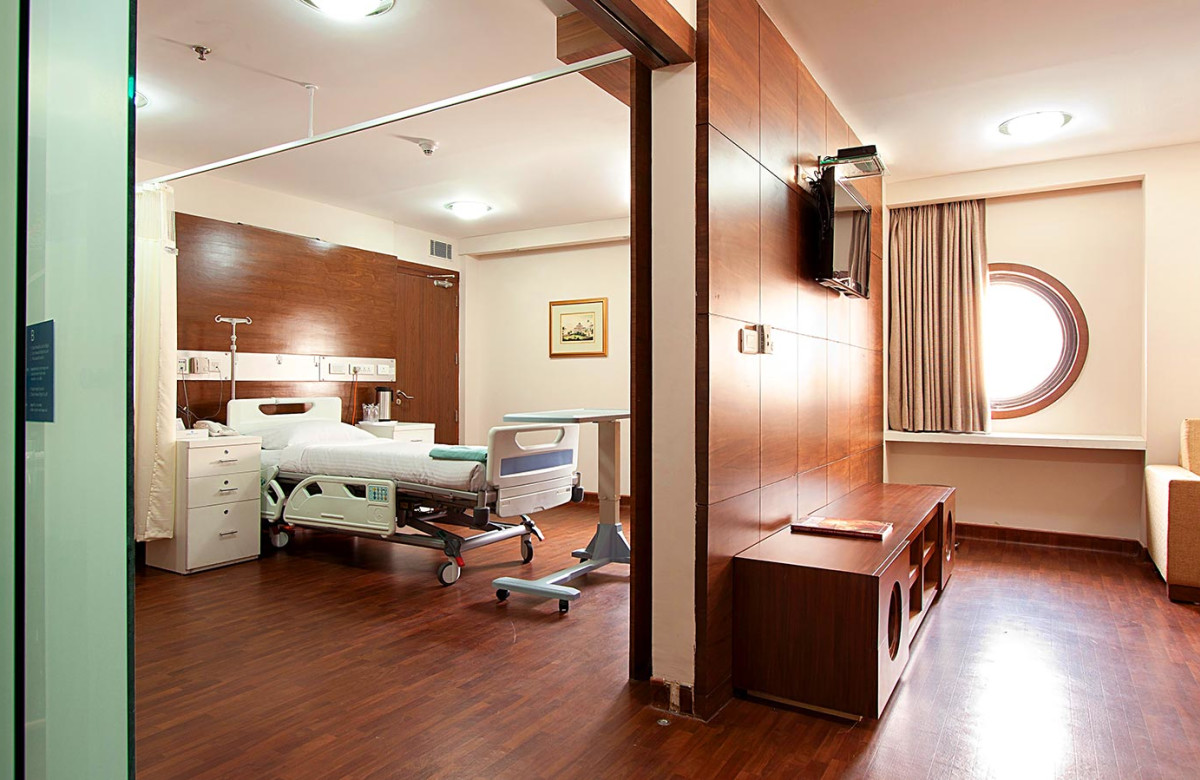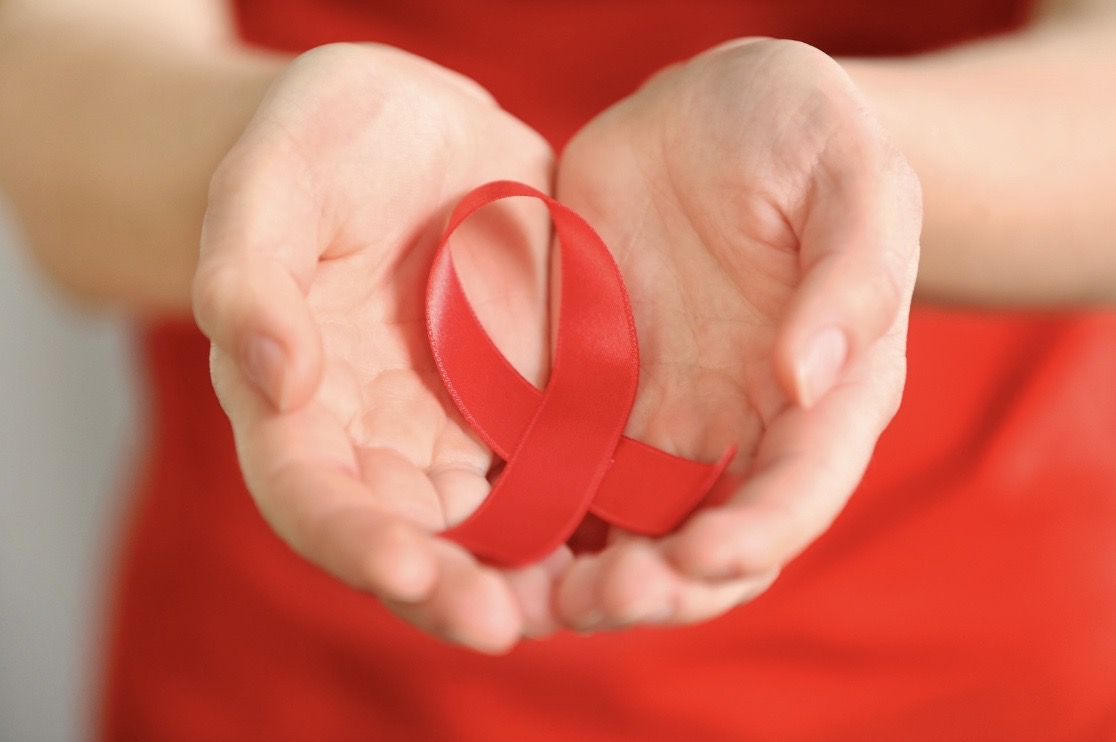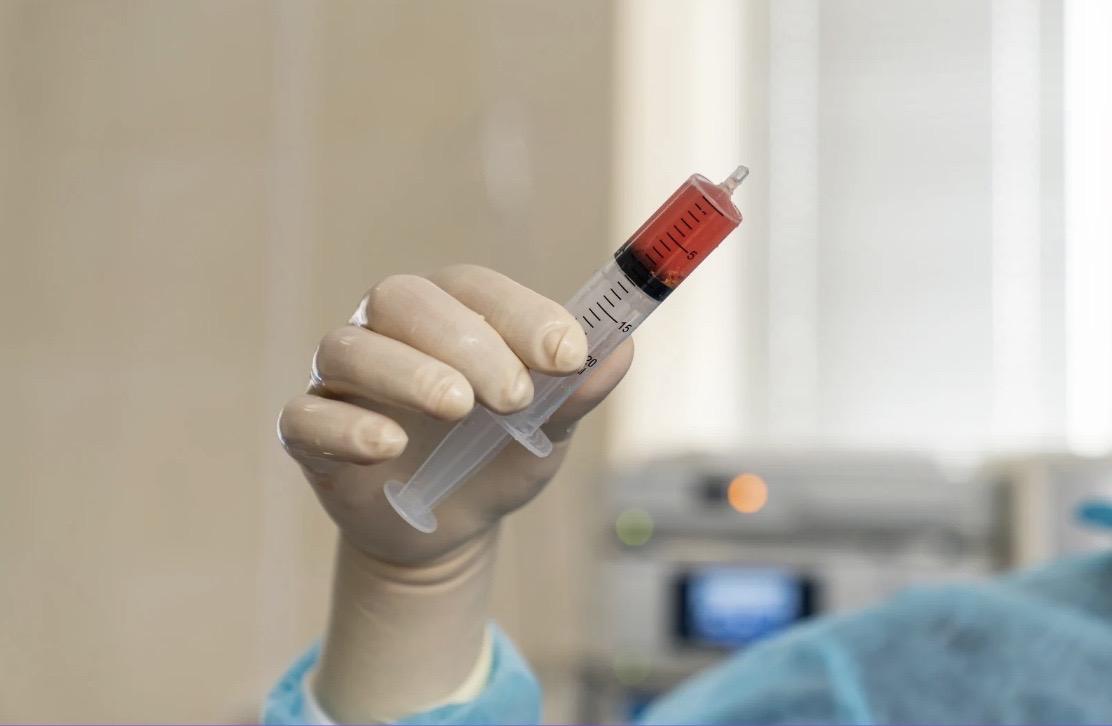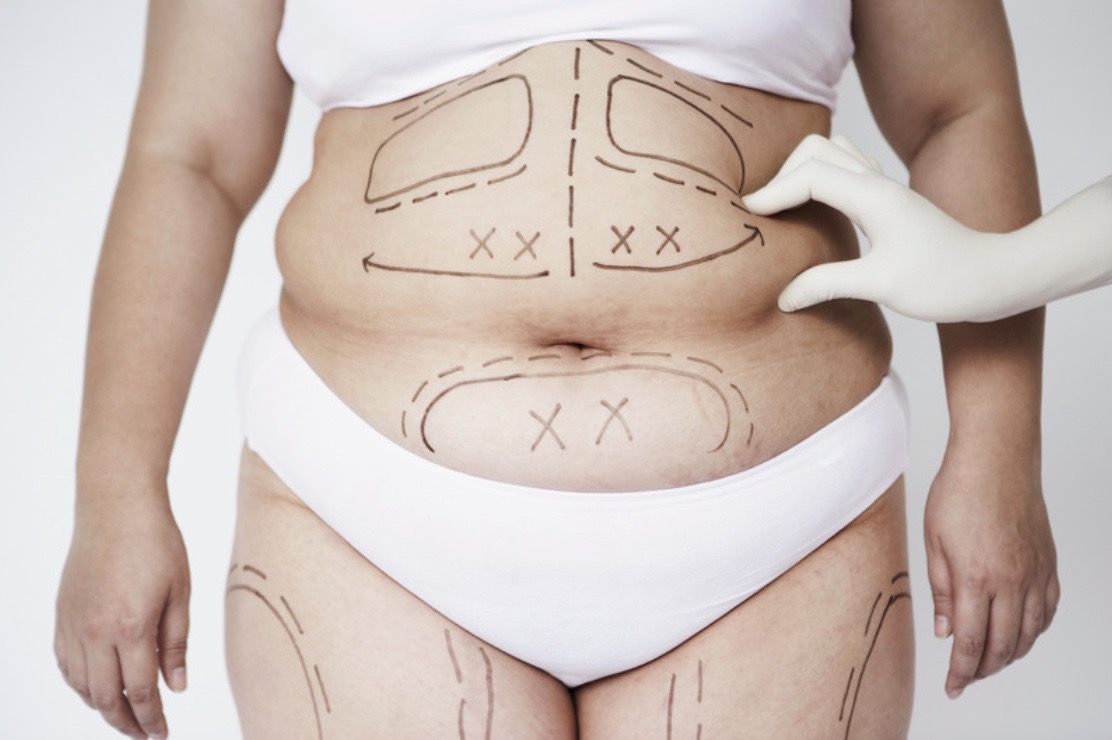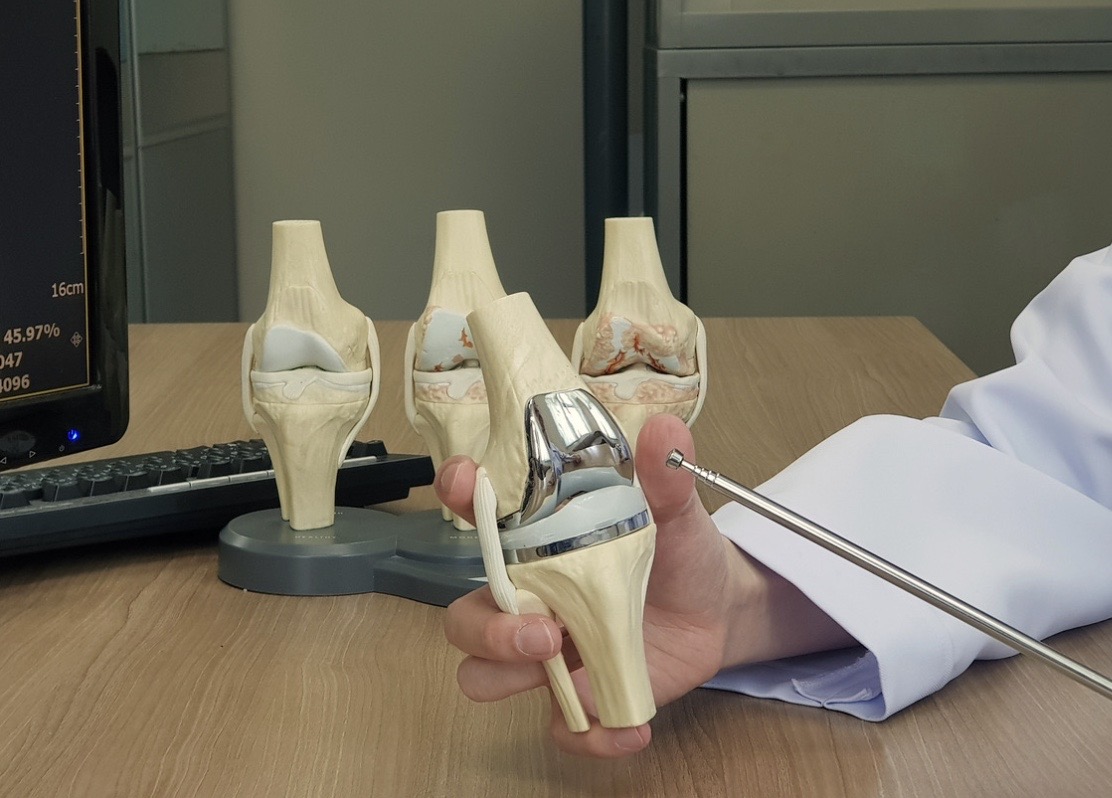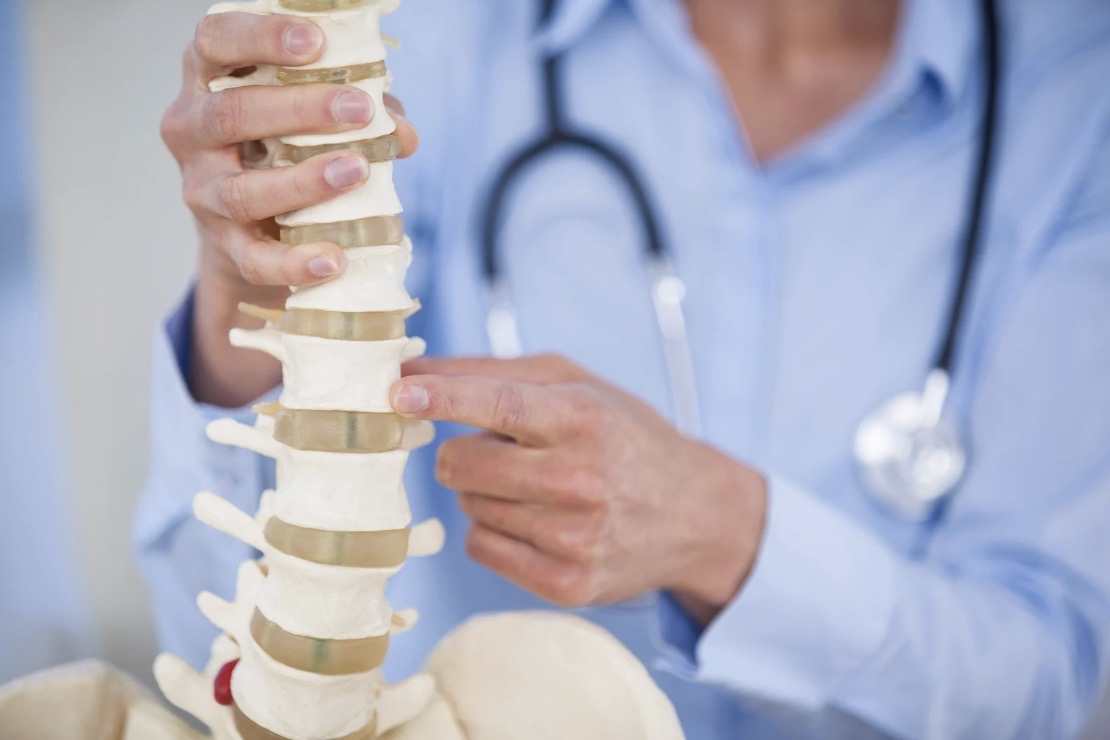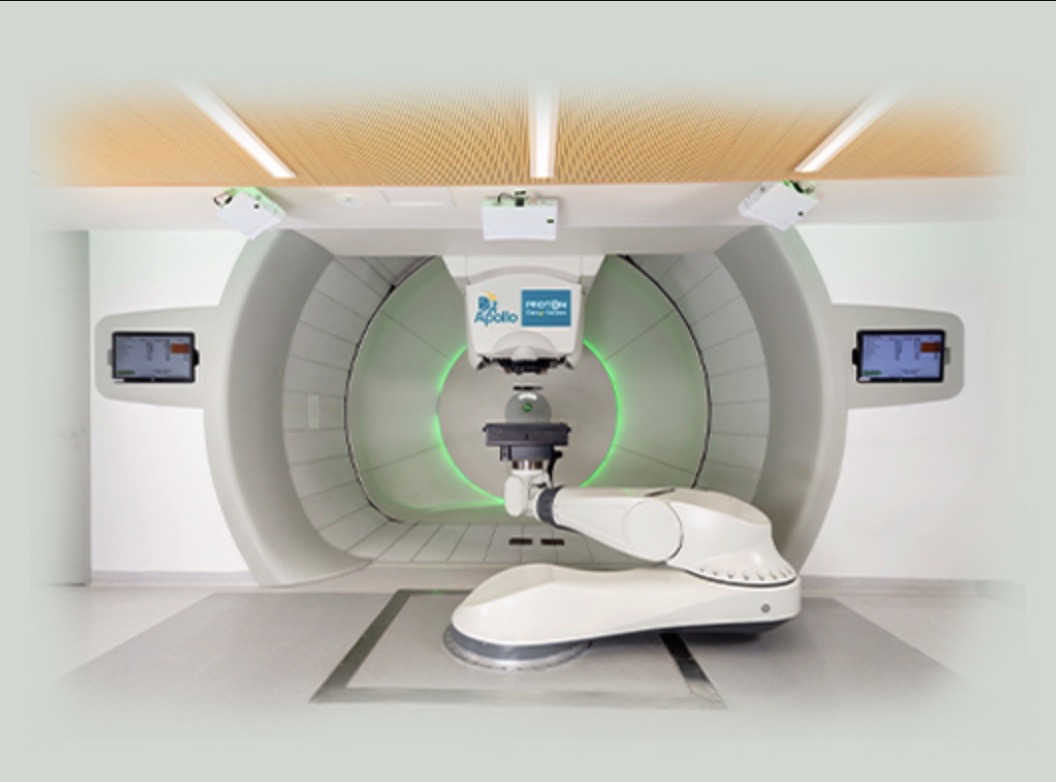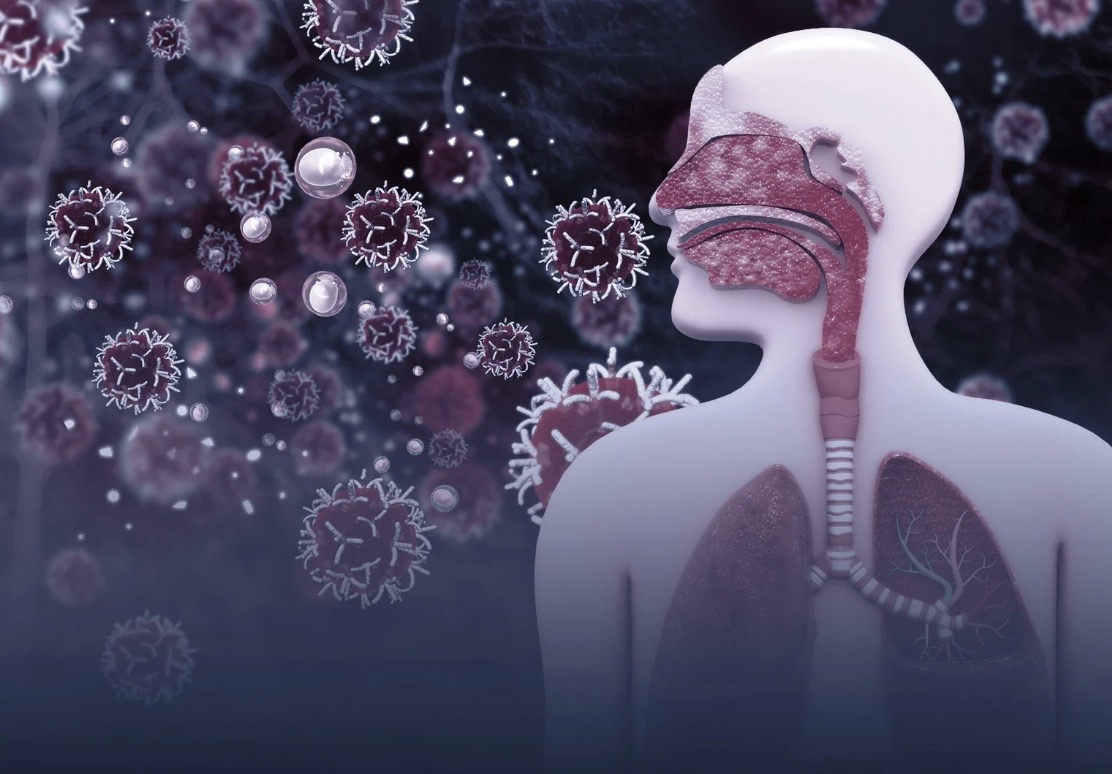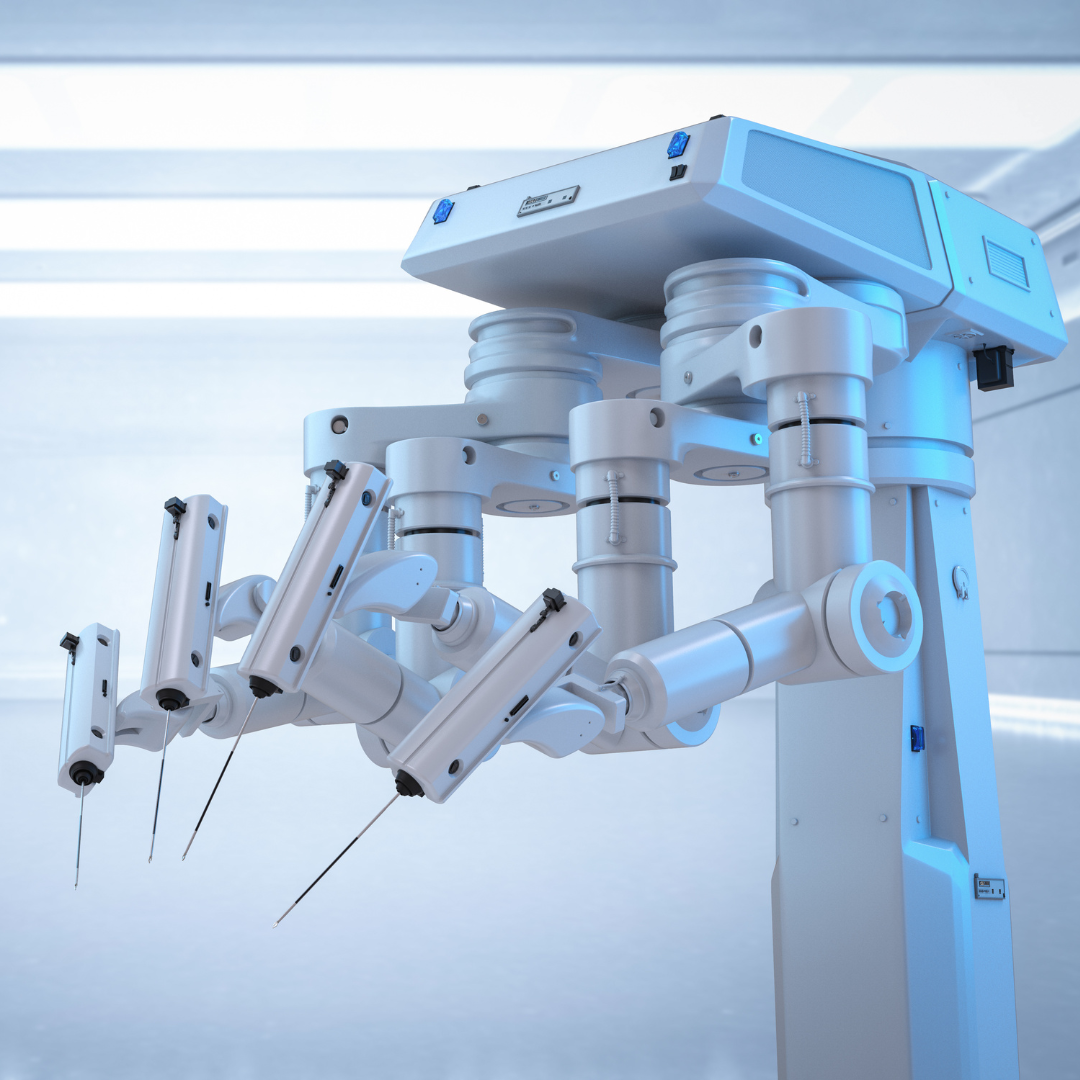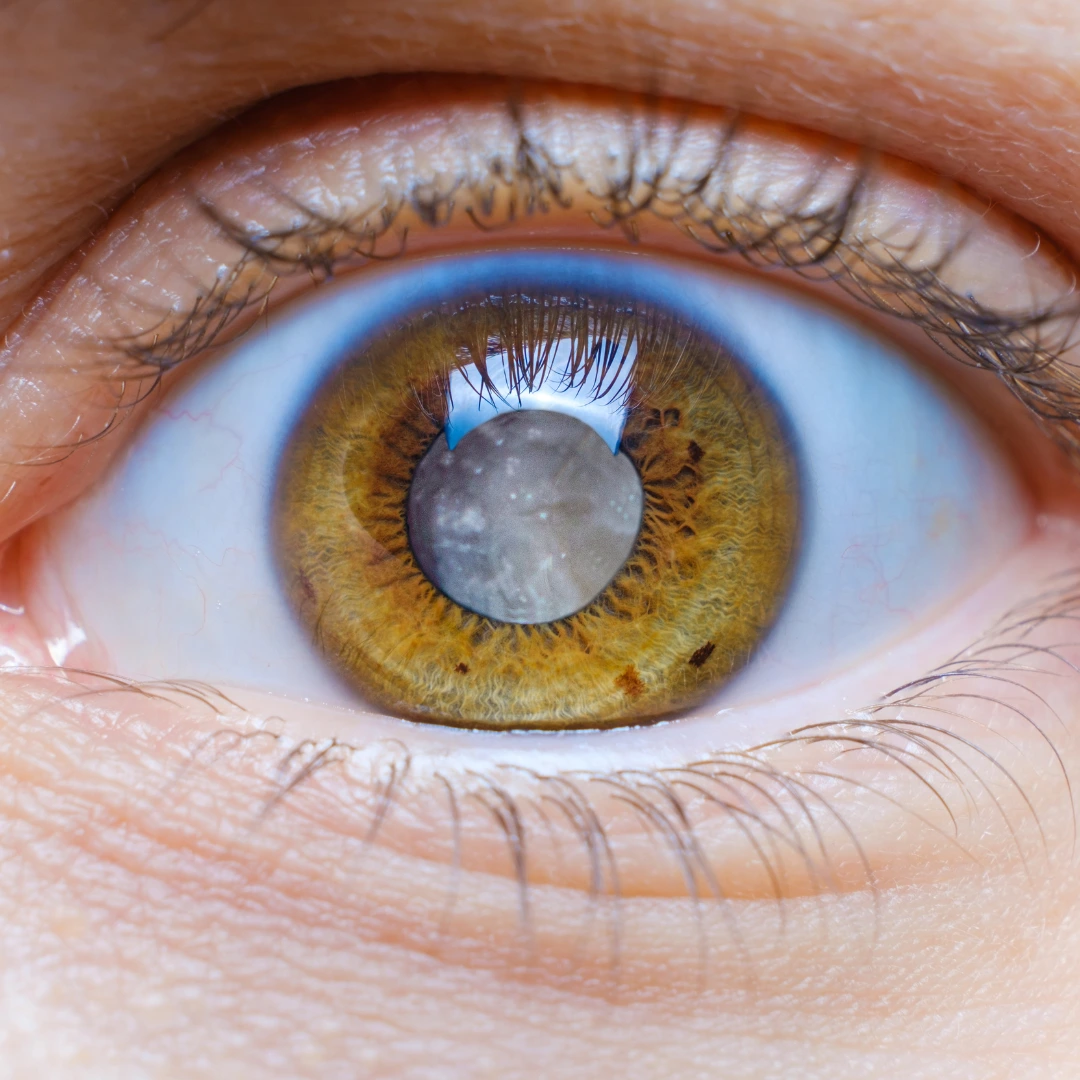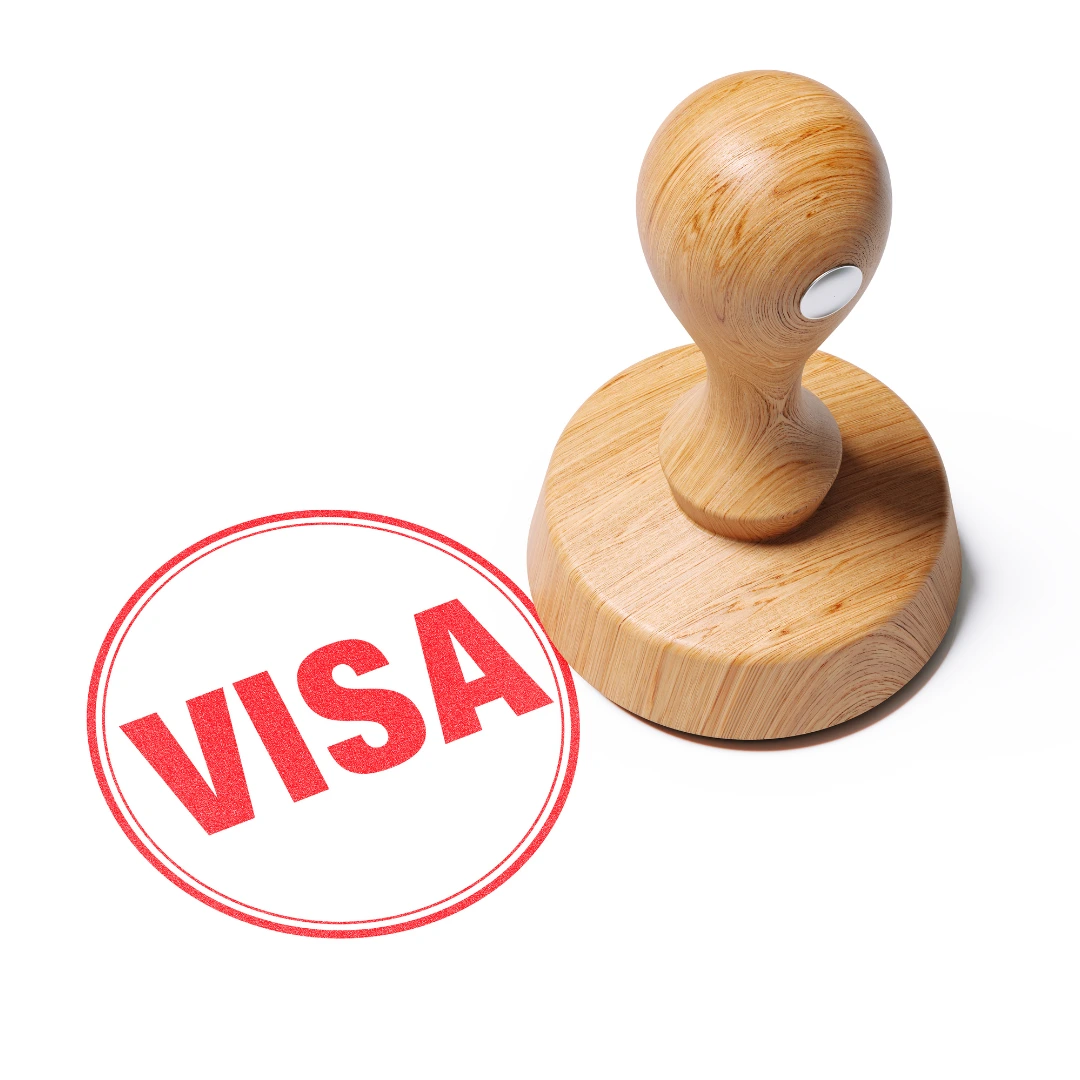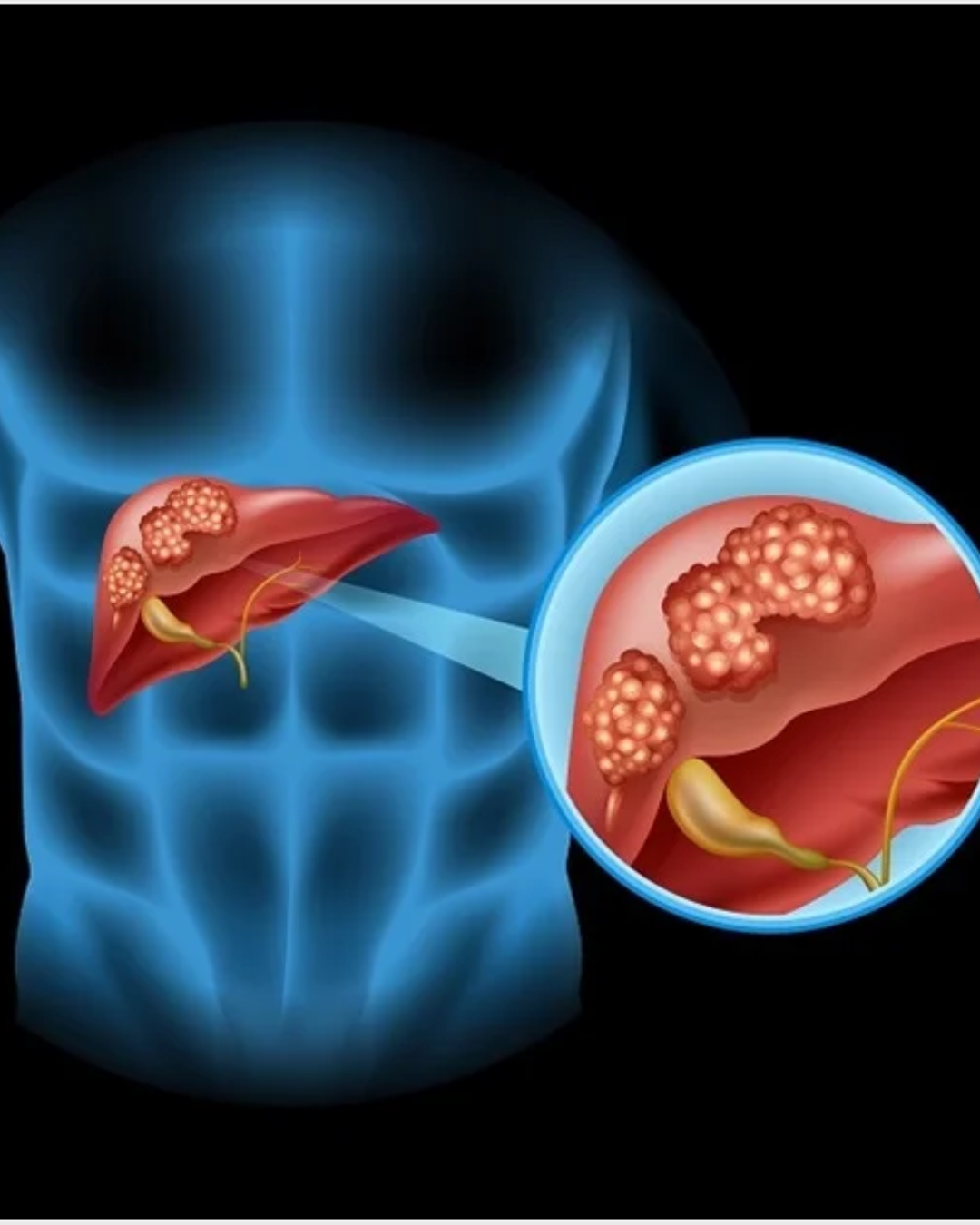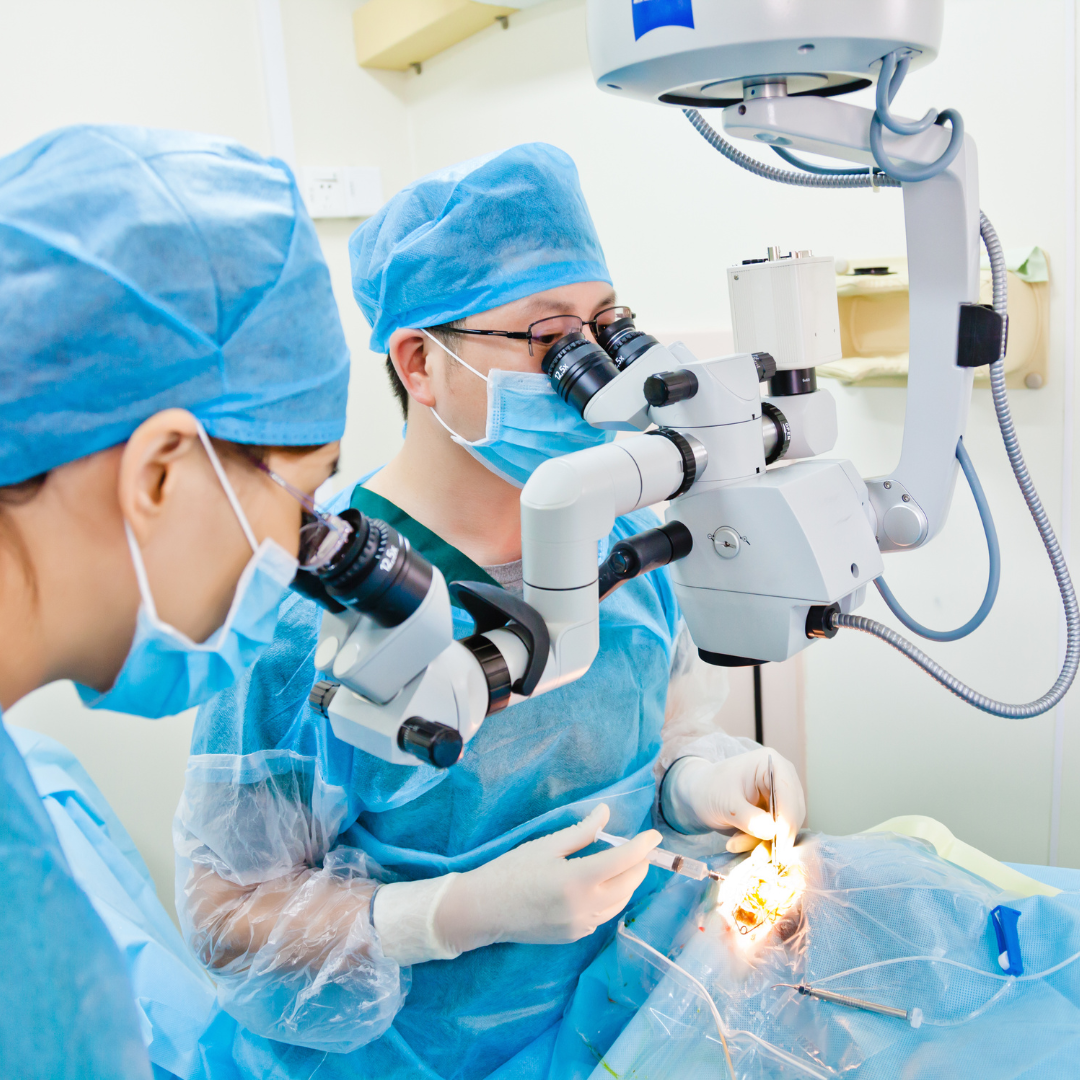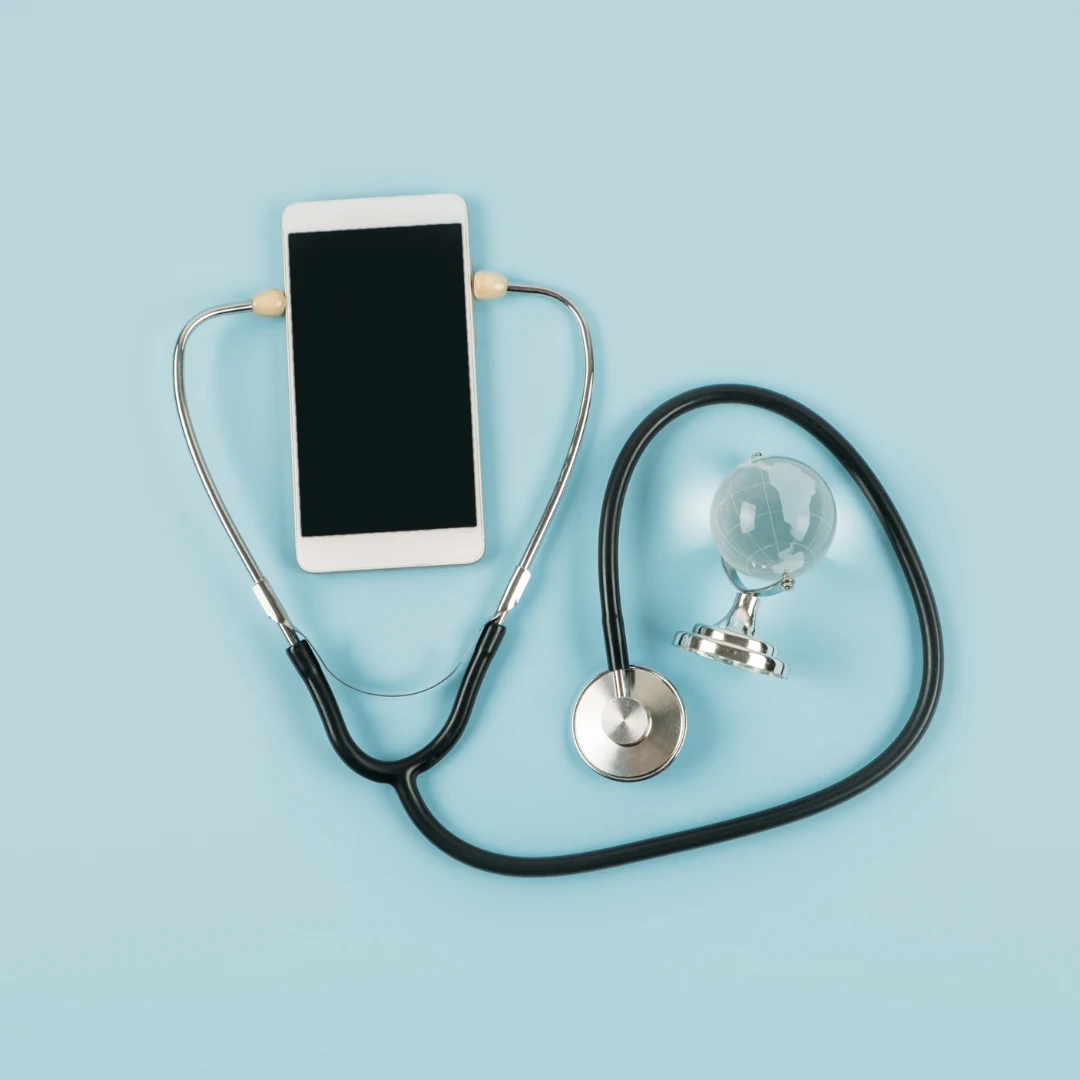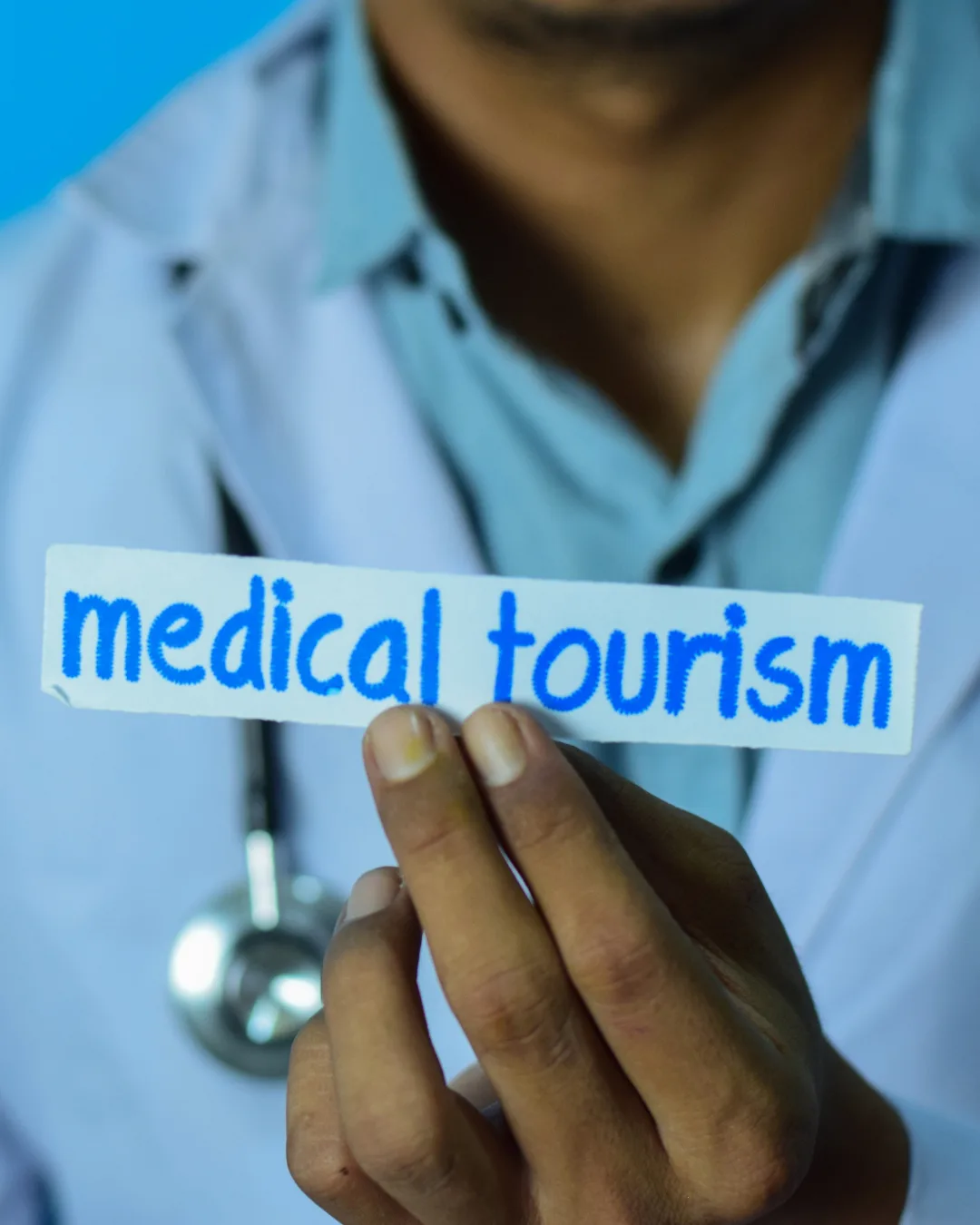Introduction
Supraventricular Tachycardia (SVT) is a type of abnormal heart rhythm originating above the ventricles, typically in the atria or the AV node. It is characterized by a rapid heart rate, often exceeding 100 beats per minute, which can cause symptoms like palpitations, dizziness, shortness of breath, chest discomfort, or even fainting. SVT can occur sporadically or be triggered by stress, caffeine, or alcohol. Although it is generally not life-threatening, it can cause significant discomfort and may require medical intervention. Treatment options range from lifestyle changes and medication to procedures like catheter ablation in severe cases. Managing SVT effectively improves the quality of life and reduces the risk of complications associated with this arrhythmia. Early detection and treatment are essential for optimal management.
Cost Comparison
The cost of supraventricular tachycardia treatment varies widely anywhere in the world, depending on the hospital, the stage of cancer, the type of treatment, the number of therapy sessions required, the patient’s overall health condition, post-operative complications and care, etc. The average cost of supraventricular tachycardia in India is USD $700.
But be assured as the cost of Supraventricular Tachycardia in India is just a fraction of developed nations.
- Avg Cost of treatment - $700
- Maximum cost of treatment - $2000
Factors affecting Cost of treatment
The cost of treatment for Supraventricular Tachycardia (SVT) in India can vary widely based on several factors:
-
Type of Treatment:
-
Medications: The cost of antiarrhythmic drugs or rate control medications can add to the overall cost.
-
Ablation Procedures: Catheter ablation, the most common and effective procedure, can be more expensive compared to conservative treatments like medication.
-
Severity and Complexity:
-
The complexity of the case (e.g., recurrent SVT, presence of other heart conditions) can influence the cost of treatment, as more tests, specialized care, and longer hospital stays may be needed.
-
Length of Hospital Stay:
-
The duration of hospitalization depends on the treatment plan. Non-invasive treatments may require shorter stays, while ablation procedures or complications from treatment can increase the length of stay.
-
Diagnostic Tests:
-
Advanced diagnostic tests like ECG, Echocardiograms, Holter monitoring, and Electrophysiological studies can increase the total treatment cost.
-
Patient's Health Insurance:
-
Coverage and insurance type can influence the patient's out-of-pocket expenses, affecting the overall cost.
-
Post-treatment Care:
-
Follow-up visits, medications, and rehabilitation therapy (if necessary) can add to the total cost of treatment.
-
Surgeon’s Expertise:
-
Highly experienced cardiologists and electrophysiologists often command higher fees for procedures and consultations, which will influence treatment costs.
-
Type of Facility:
-
Costs can vary between government hospitals, which may offer treatment at a lower cost, and private hospitals, which may have higher rates due to modern facilities and quicker service.
Each of these factors will contribute to the final cost of treatment for SVT in India.
Treatment options
Treatment options for Supraventricular Tachycardia (SVT) in India can be broadly categorized into non-invasive treatments, medications, and invasive procedures. The choice of treatment depends on the severity, type, and recurrence of the condition, as well as the overall health of the patient. Below are the key treatment options available in India:
1. Medications:
-
Antiarrhythmic Drugs: Medications like beta-blockers, calcium channel blockers, and antiarrhythmic drugs (e.g., amiodarone, flecainide) are commonly prescribed to control heart rate and rhythm.
-
Adenosine: In emergencies, adenosine is used intravenously to restore normal heart rhythm.
-
Blood Thinners: If there is a risk of stroke due to arrhythmia, anticoagulants like warfarin or newer blood thinners might be prescribed to prevent clot formation.
2. Electrophysiology Study (EPS):
-
An EPS is used to study the electrical pathways of the heart, diagnose the type of SVT, and determine the best course of treatment.
3. Catheter Ablation:
-
Catheter Ablation is one of the most effective and commonly recommended procedures for SVT. It involves the insertion of a catheter through a vein (usually in the groin), which is then guided to the heart. High-frequency radio waves are used to destroy (ablate) the abnormal electrical pathways responsible for the arrhythmia.
-
This procedure offers a high success rate for curing SVT, with a relatively short recovery time.
-
It is preferred for patients with recurrent or drug-resistant SVT.
4. Vagal Maneuvers:
-
In some cases, vagal maneuvers (such as bearing down like having a bowel movement or splashing cold water on the face) can help terminate an episode of SVT. This is typically effective in cases where the condition is not too severe.
5. Surgical Options:
-
Surgery may be considered if catheter ablation is not feasible or if the SVT persists after ablation. However, this is rare, and catheter ablation is generally preferred.
6. Pacemaker Implantation:
-
In some cases, especially for patients with underlying heart conditions, pacemaker implantation may be used to regulate the heart rate if the patient has bradycardia (abnormally slow heart rate) following SVT treatment.
7. Lifestyle Changes and Monitoring:
-
Lifestyle changes like reducing stress, avoiding caffeine, alcohol, and tobacco, and maintaining a healthy weight may help manage SVT episodes.
-
Regular monitoring through ECG or Holter monitors may be recommended for follow-up to track the patient's heart rhythm and prevent recurrences.
8. Pacing Therapy:
- In some cases, cardiac pacing or the use of implantable cardioverter-defibrillators (ICDs) may be considered for severe cases.
How Medotil Global Assists International Patients
Medical Visa Assistance
- Guides patients through the process of obtaining a medical visa for India.
- Provides necessary documentation support, such as invitation letters from hospitals.
Accommodation Arrangements
- Helps secure comfortable and affordable lodging near treatment centers.
- Offers a range of options, including guest houses, hotels, or serviced apartments.
Food Services
- Assists in arranging dietary preferences, including international cuisines and special diets for medical needs.
Transportation Support
- Provides airport pickup and drop-off services.
- Offers reliable transportation for hospital visits and local travel.
Hospital and Doctor Selection
- Recommends top hospitals and connects patients with experienced specialists in their specific condition.
- Ensures access to advanced medical treatments and technology.
Tourism Services
- rganizes visits to famous tourist attractions like the Taj Mahal, Jaipur, Kerala, and other cultural landmarks.
- Tailors travel plans based on patient preferences and recovery needs.
24/7 Support
- Provides round-the-clock assistance for any queries or emergencies during the stay in India.


